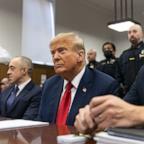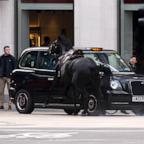Inside how ABC News reporters covered the dangerous Hawaii volcano eruption
Reporters discussed what it was like covering the dangerous event up close.
Weeks after the Kilauea volcano first erupted in Hawaii, the ABC News correspondents who have been on the ground reporting on each development are breaking down what it was like covering the rare and dangerous natural disaster up close.
The volcano on Hawaii's Big Island first erupted May 3 and ever since fissures have been cracking open, bubbling up lava and sending thick plumes of dangerous smoke into the air.
New eruptions from Hawaii volcano create more lava destruction
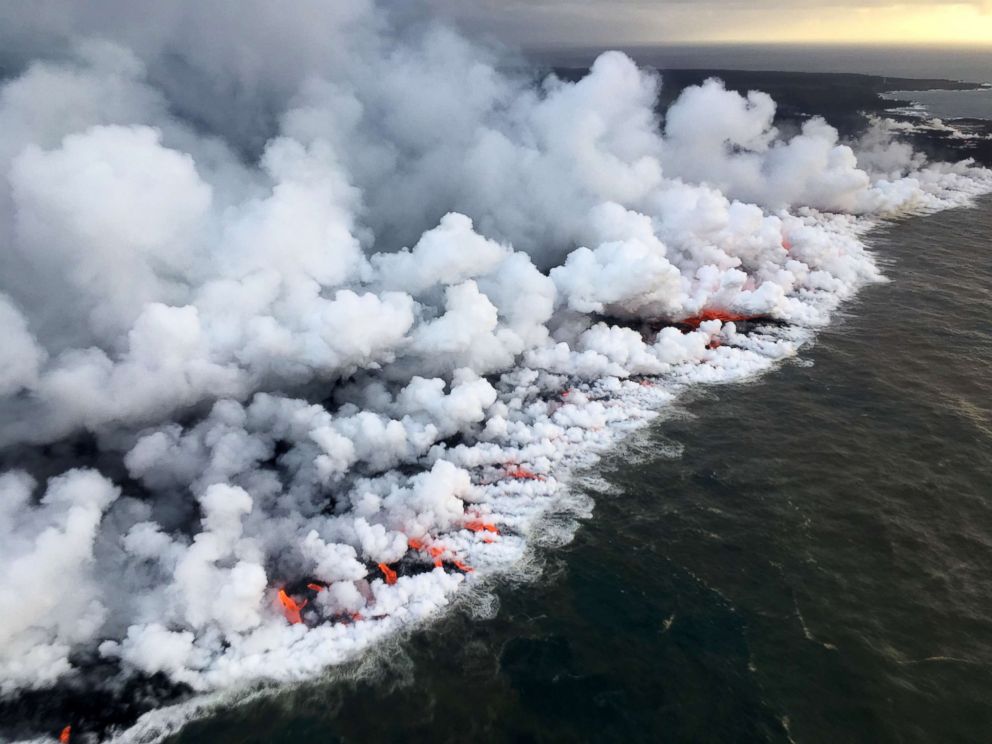
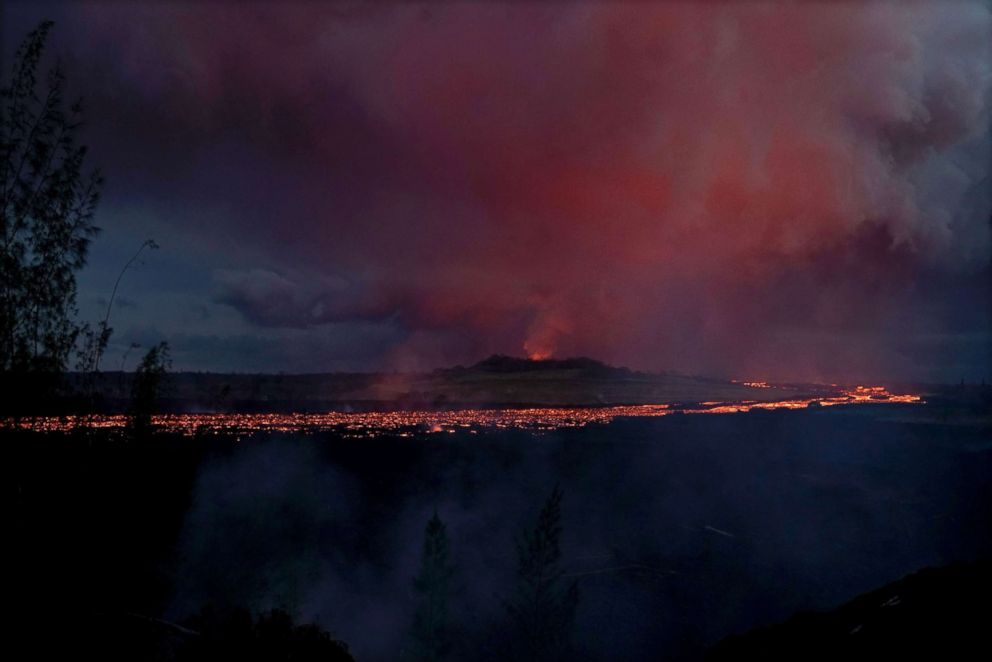
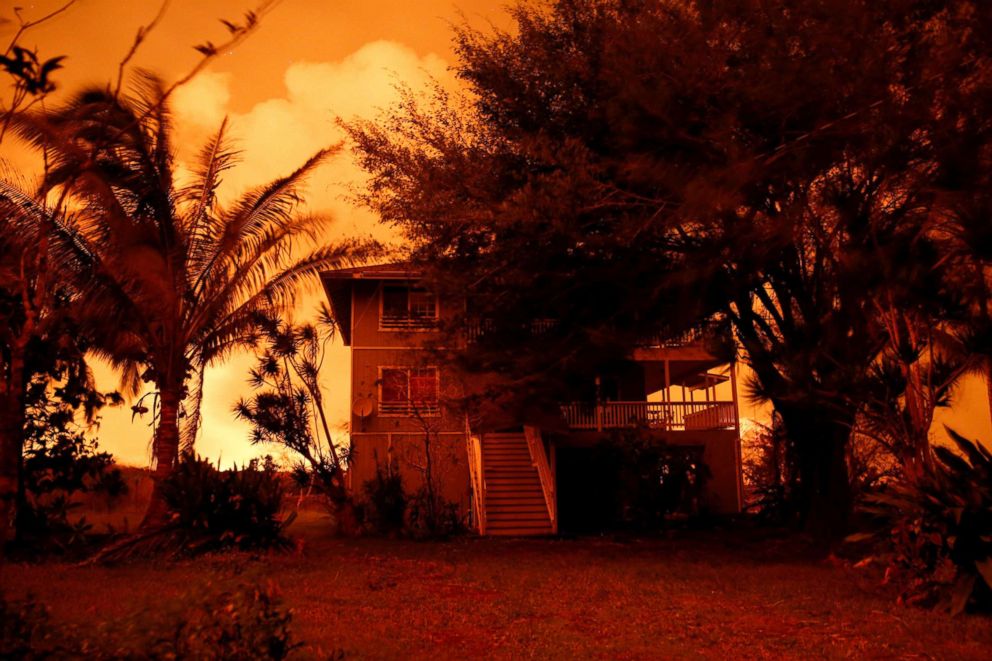
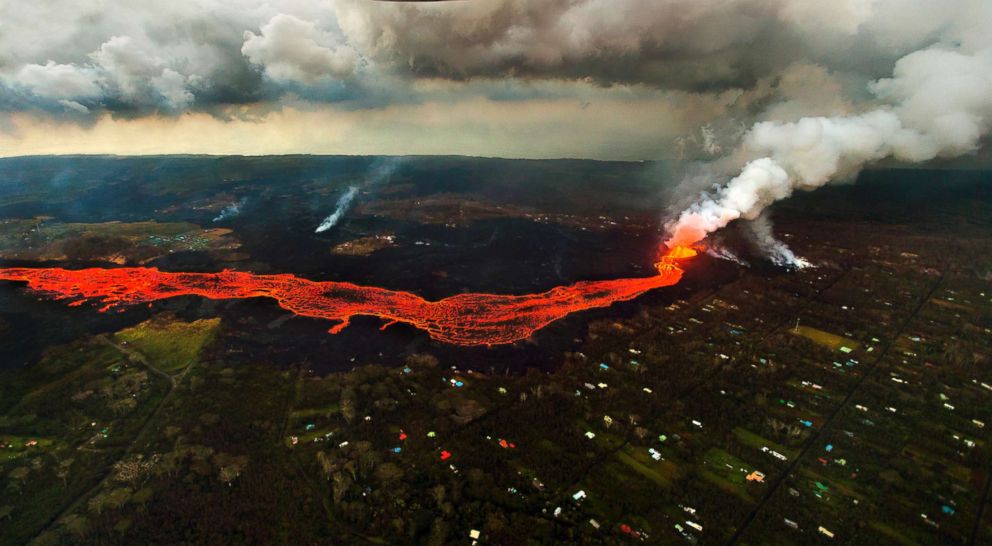
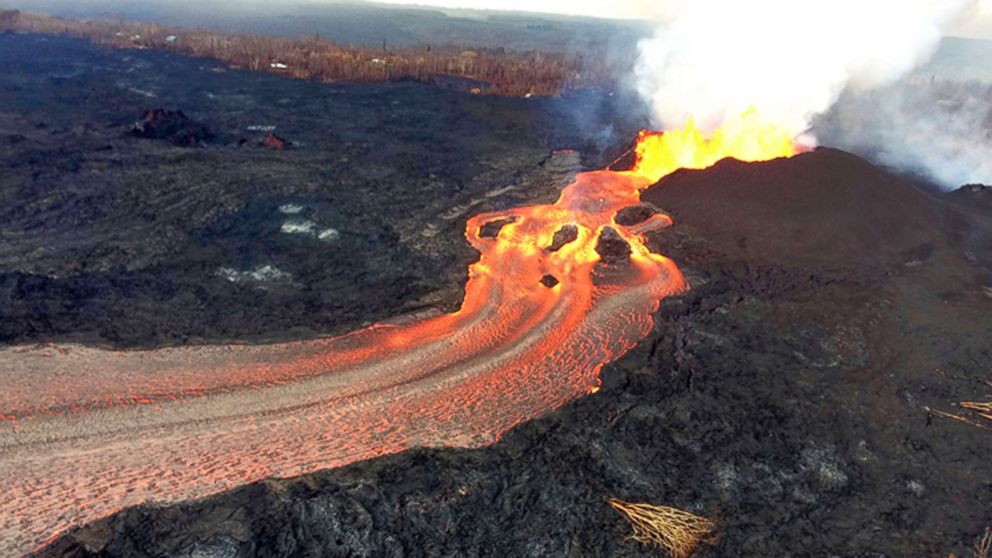
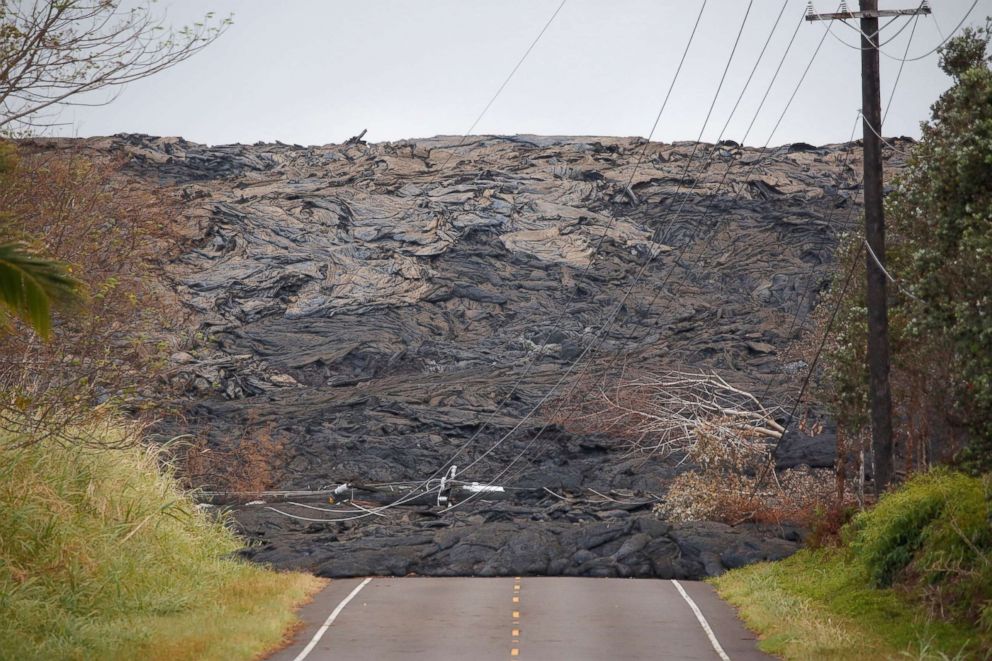
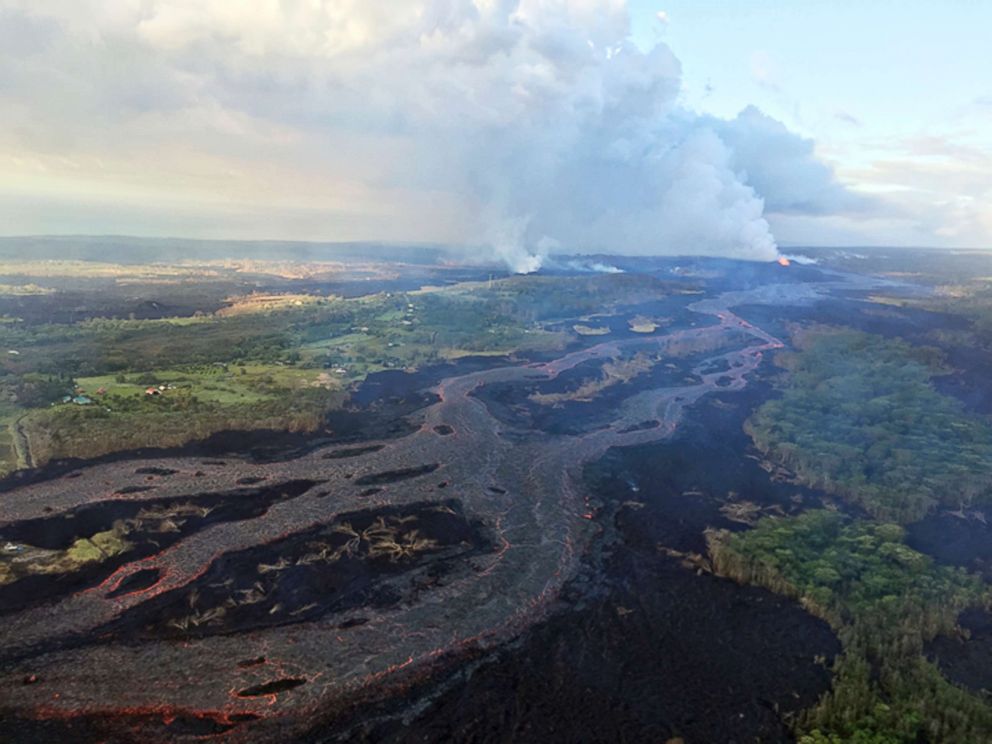
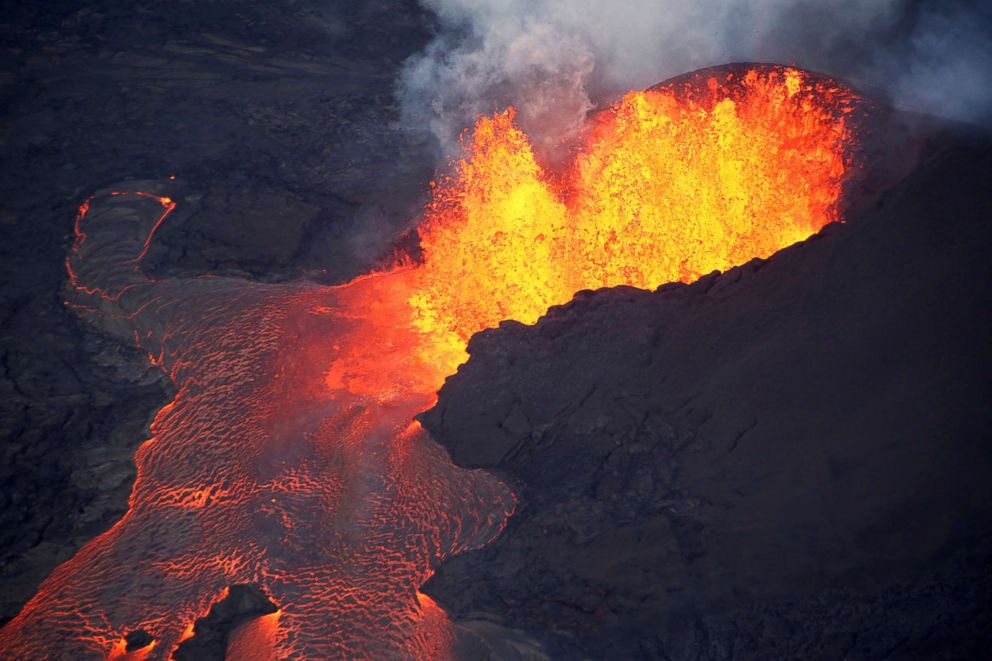
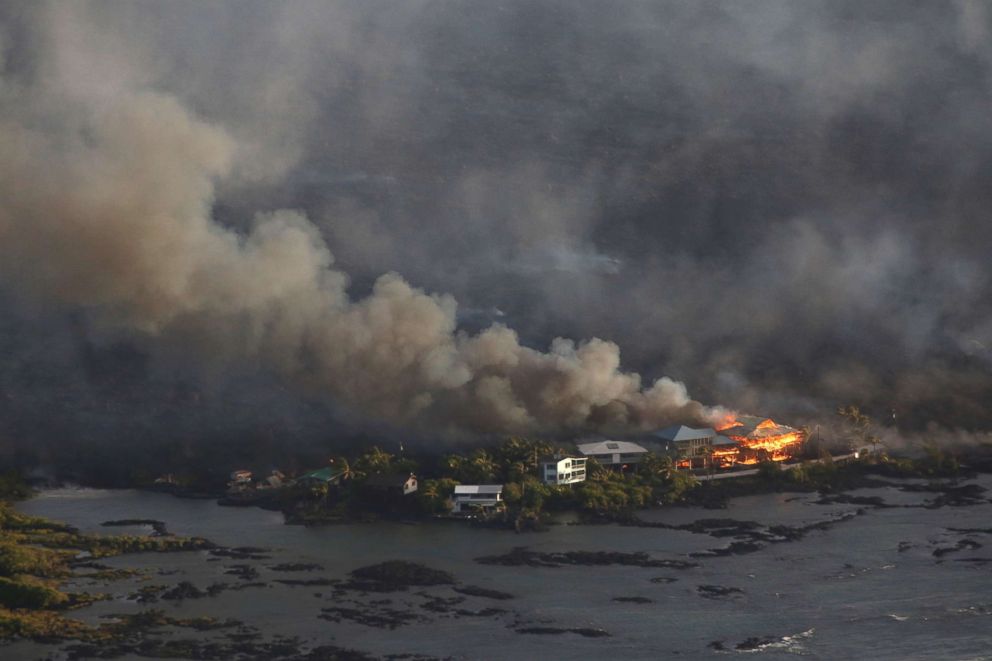
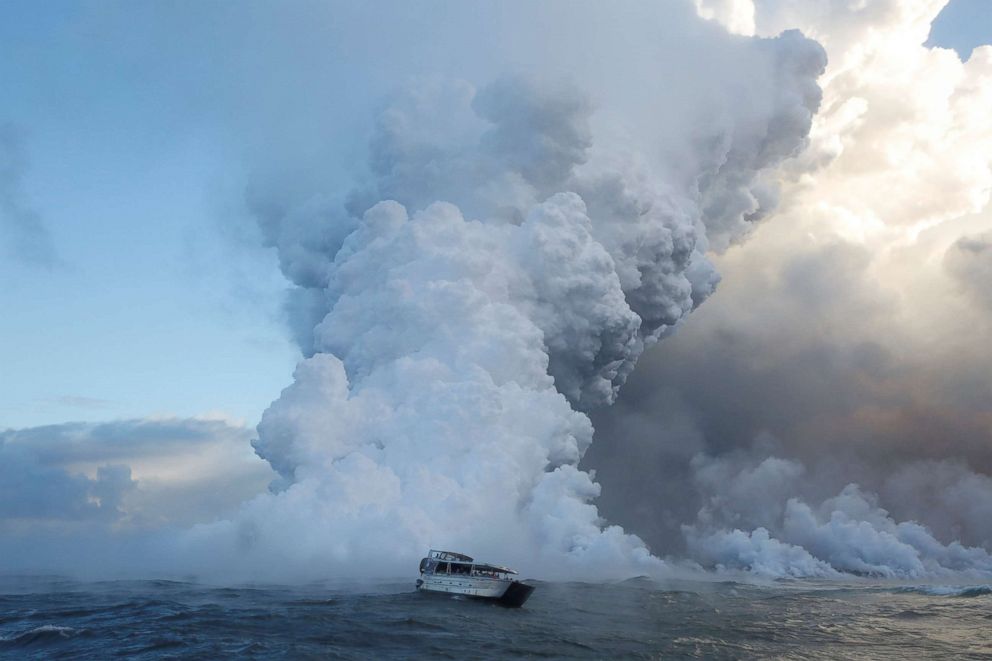
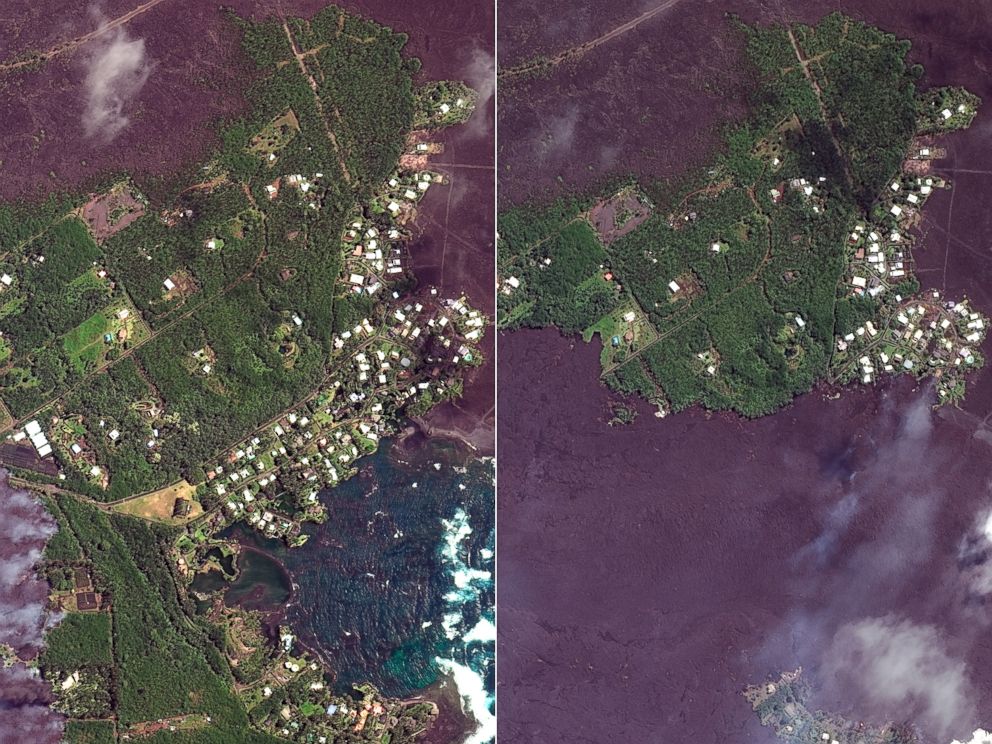
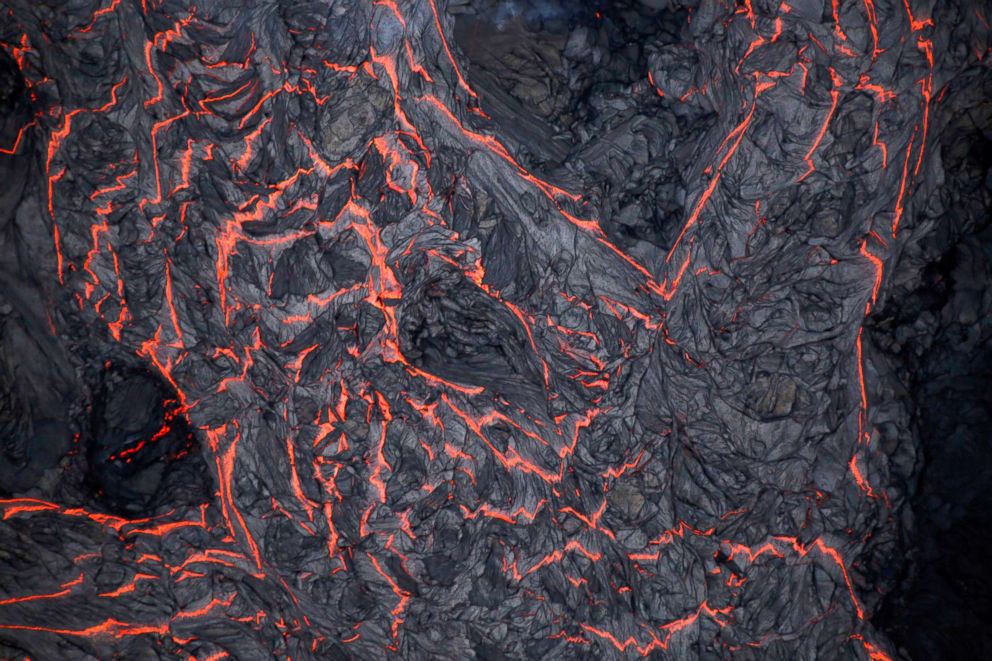
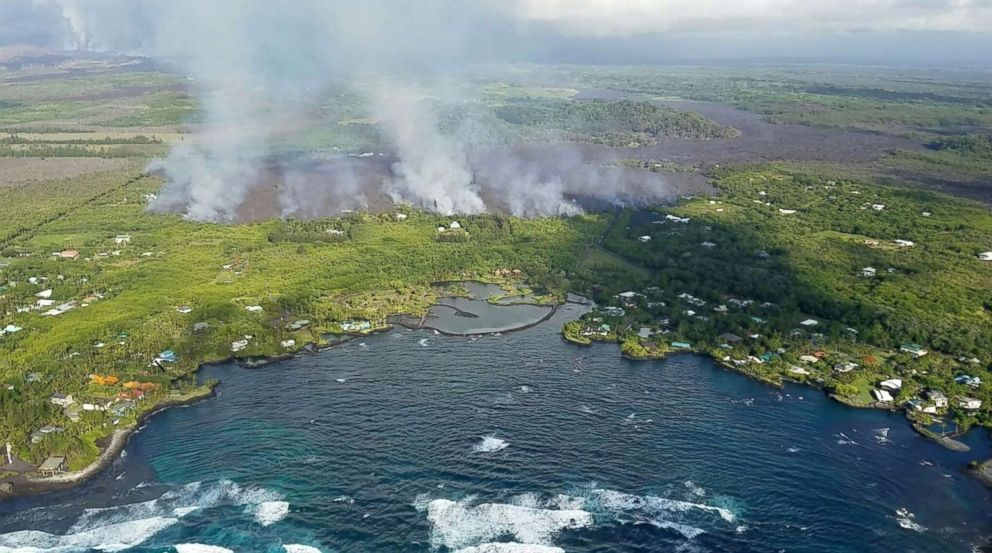
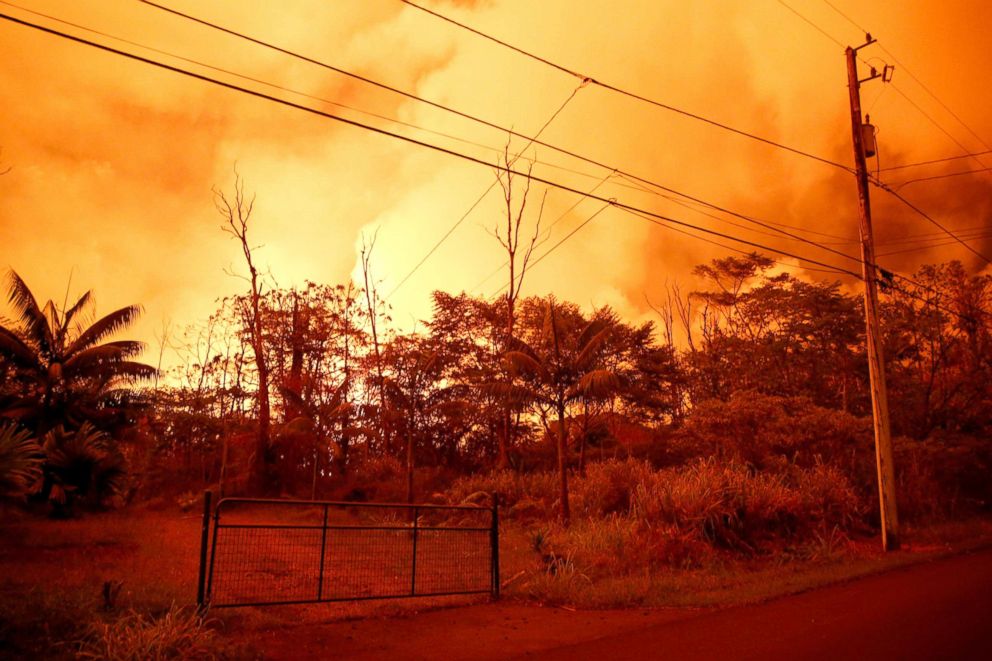
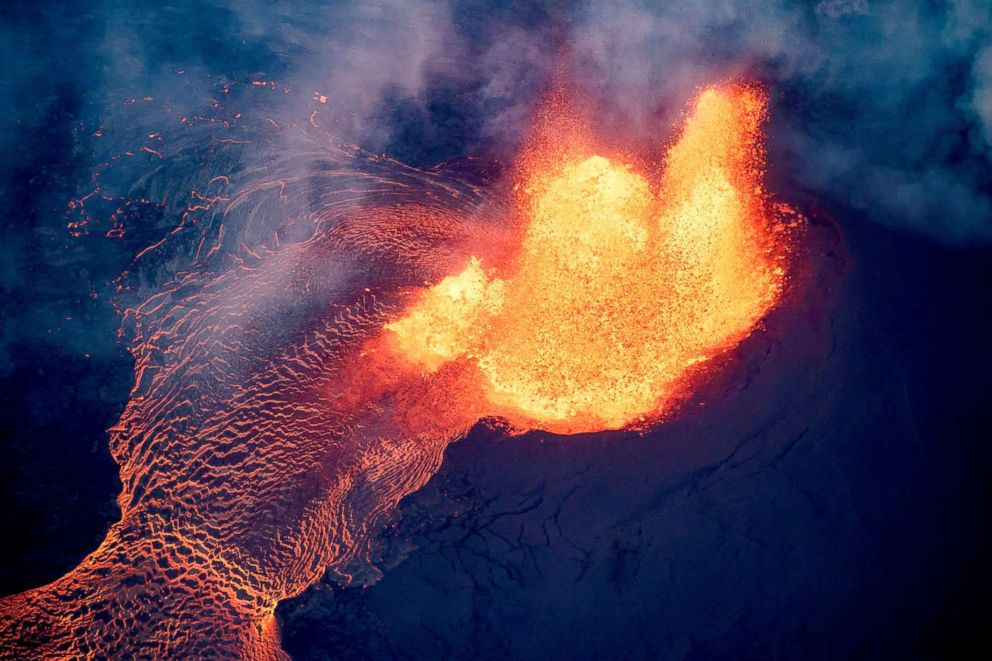
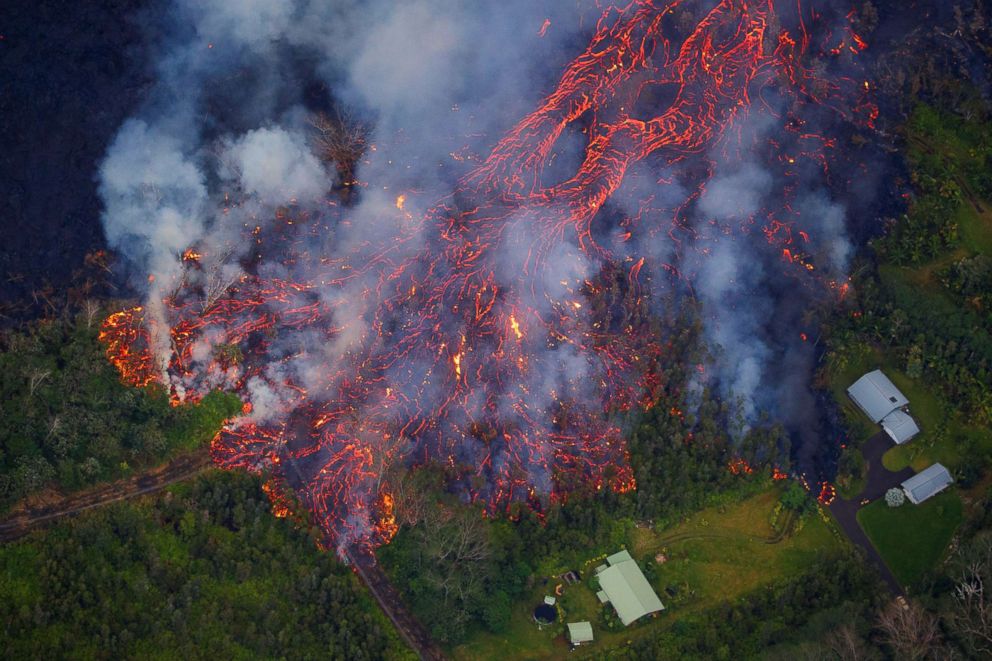
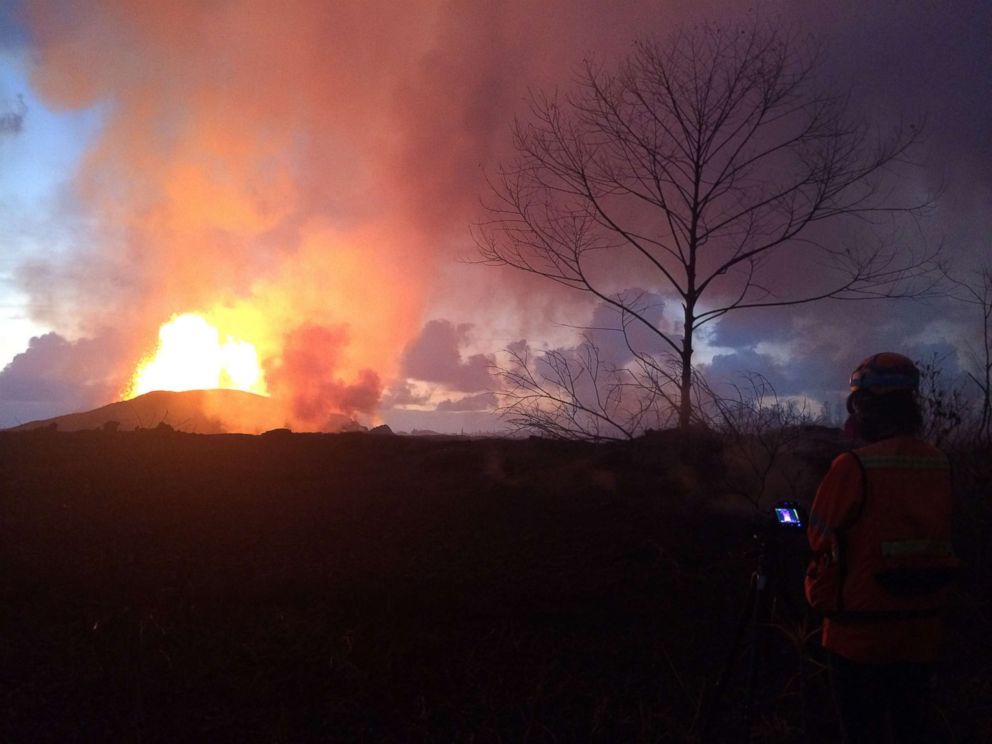
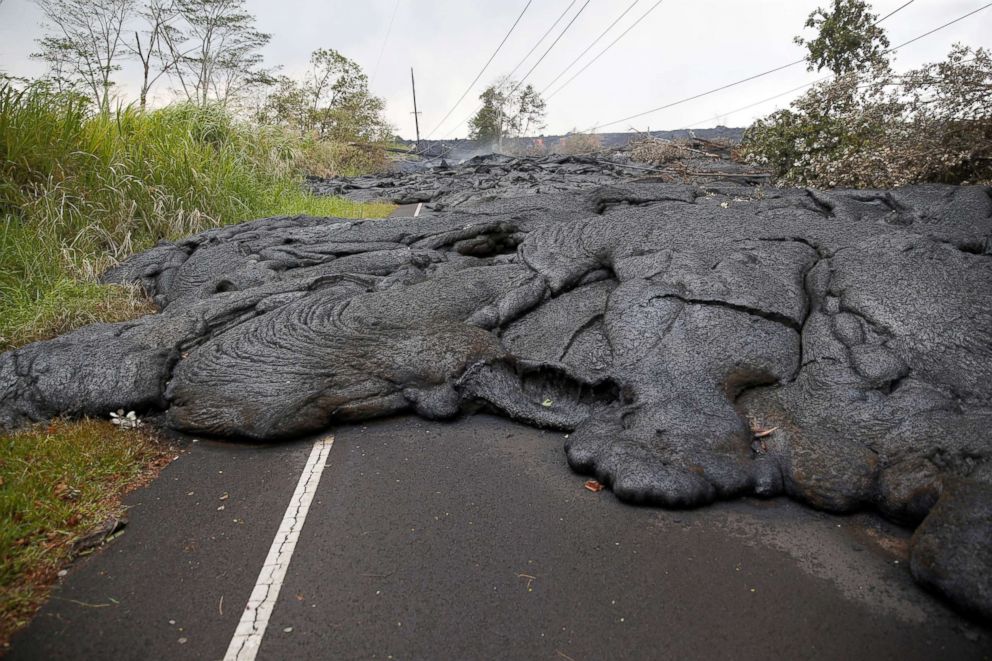
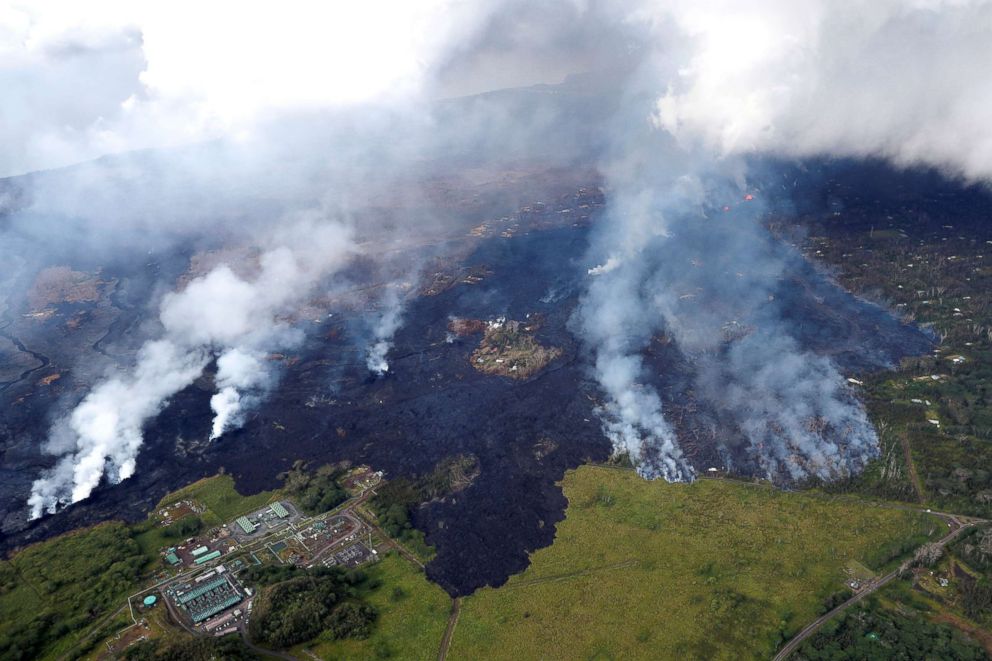
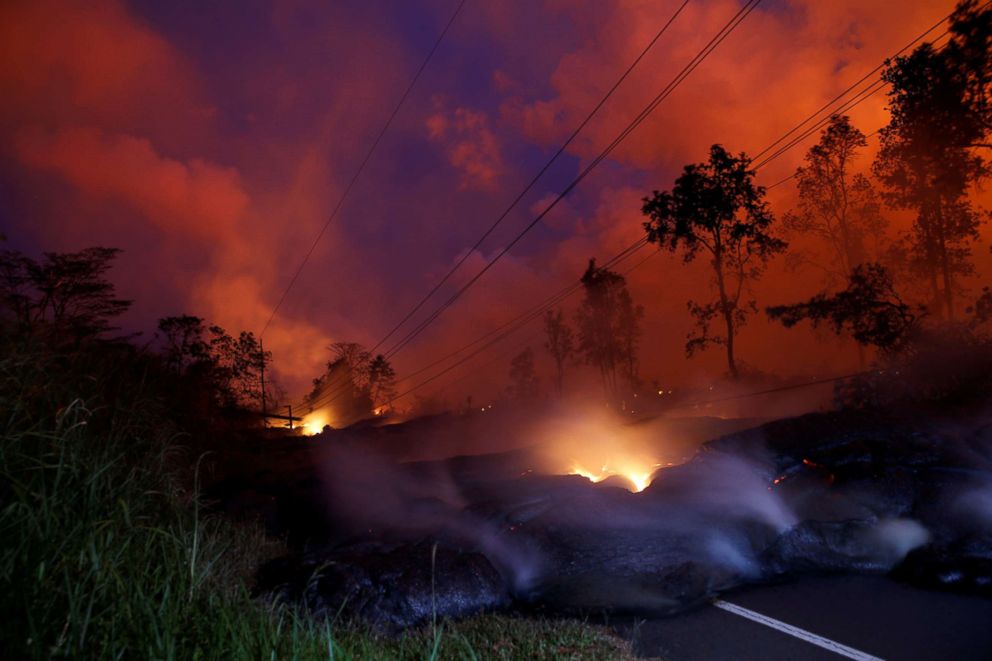
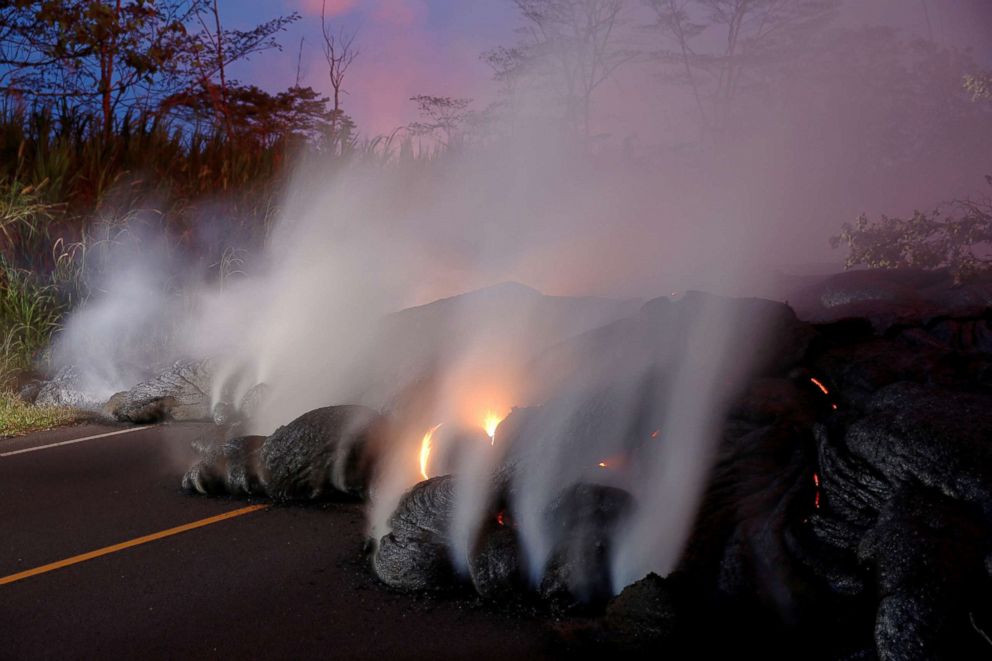
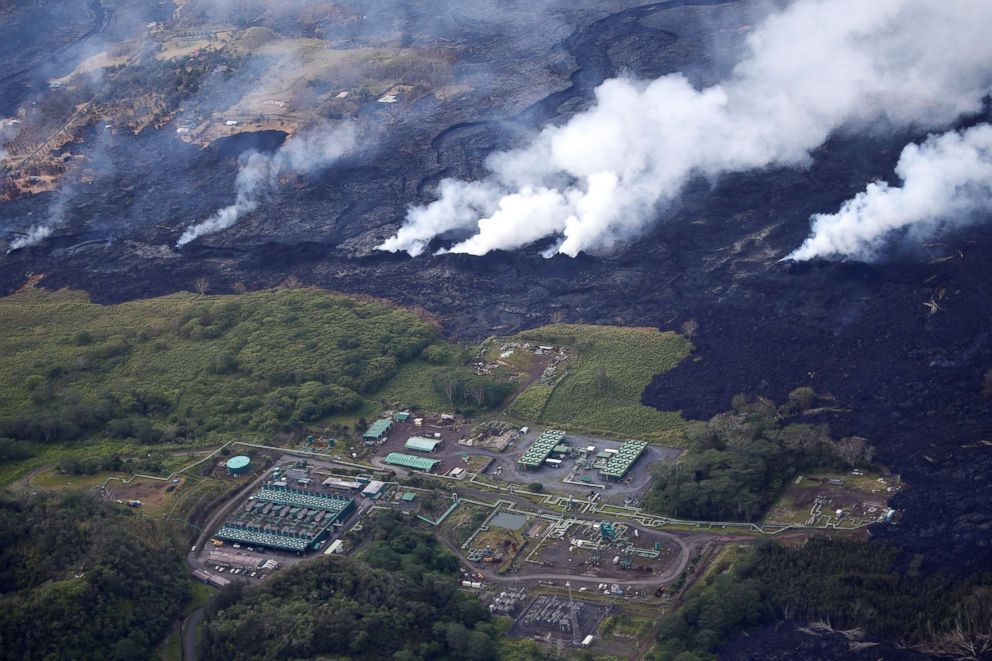
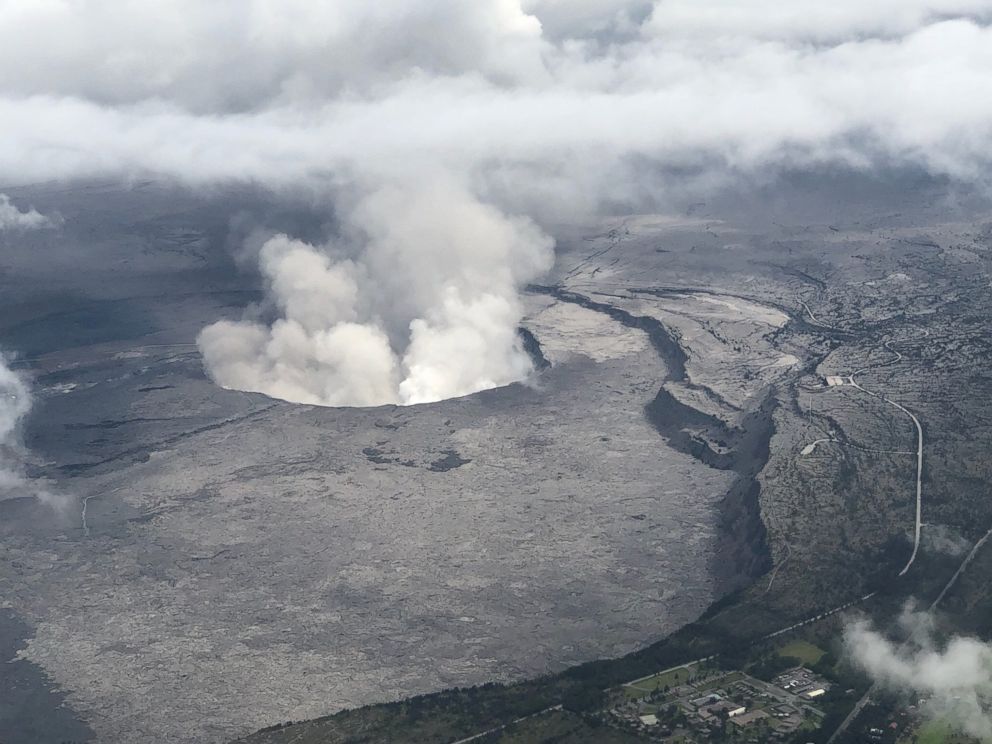
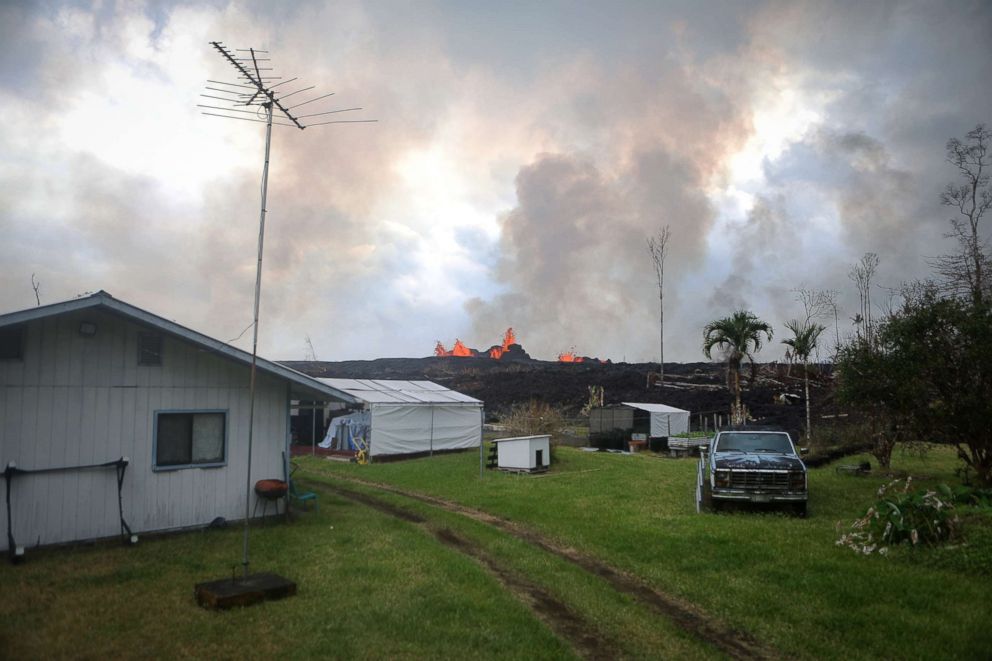
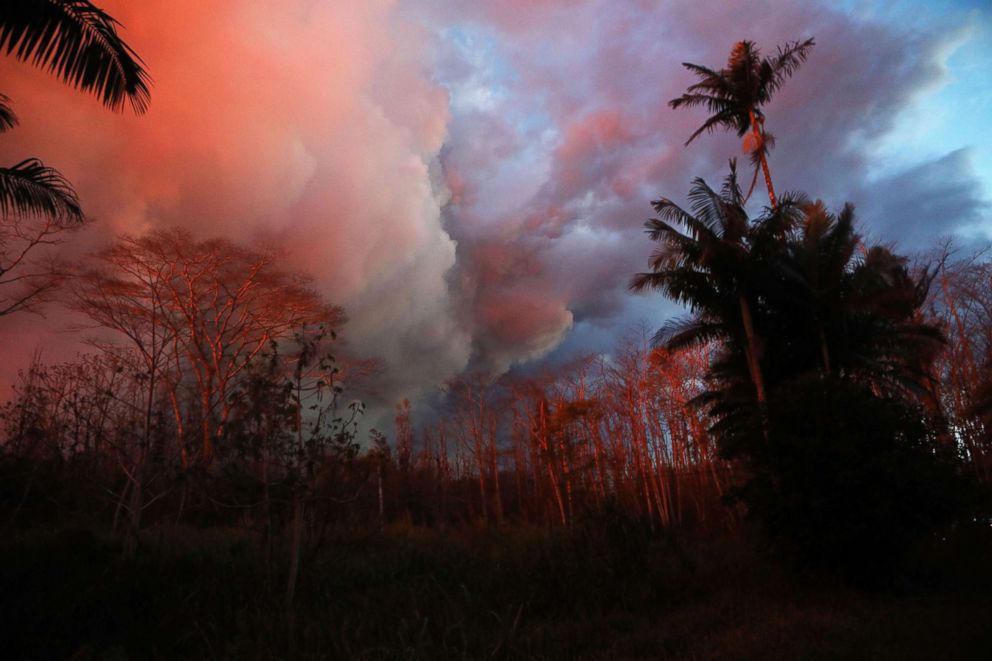
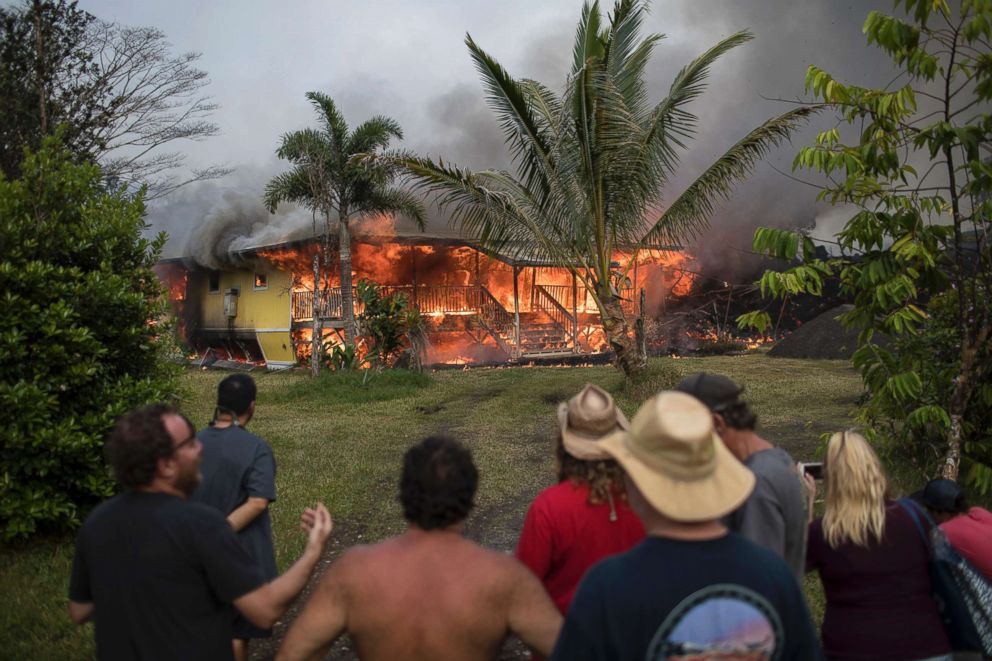
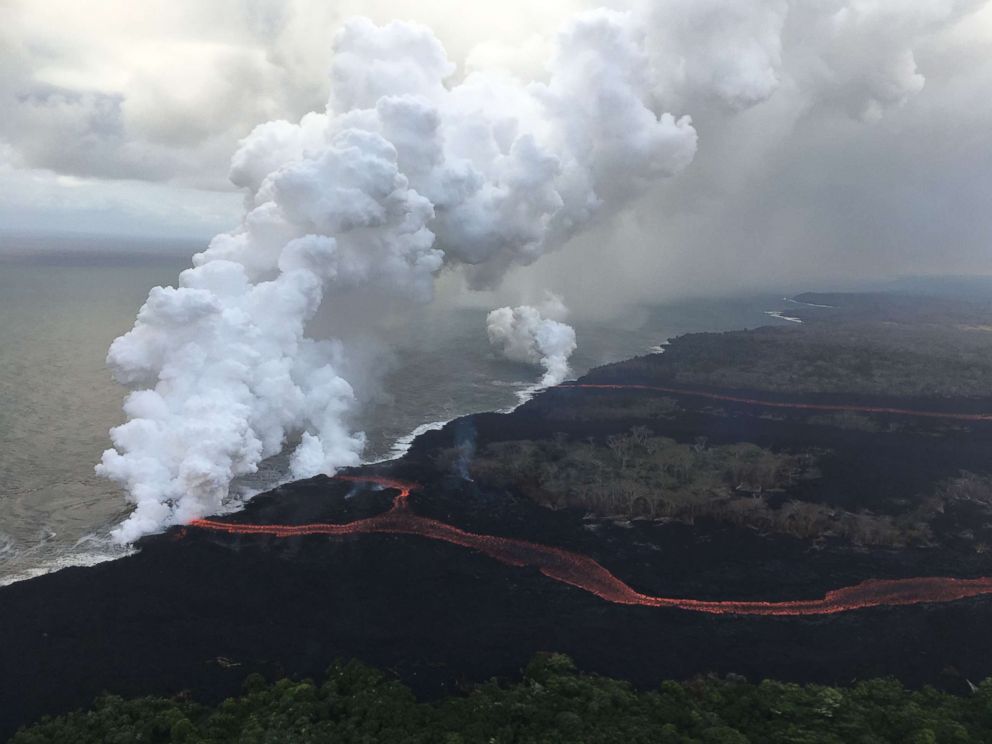
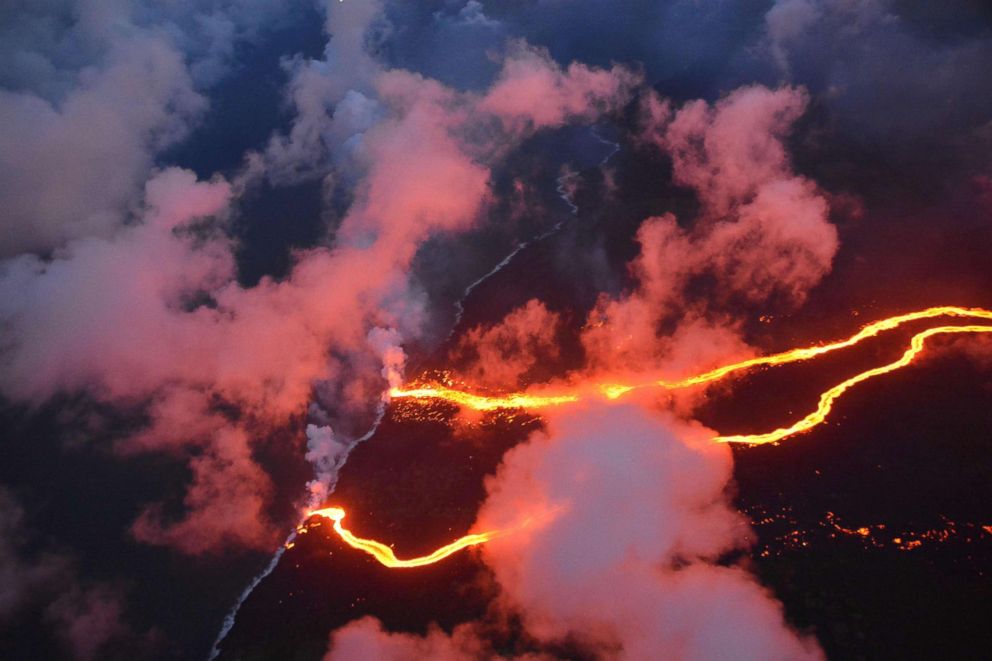
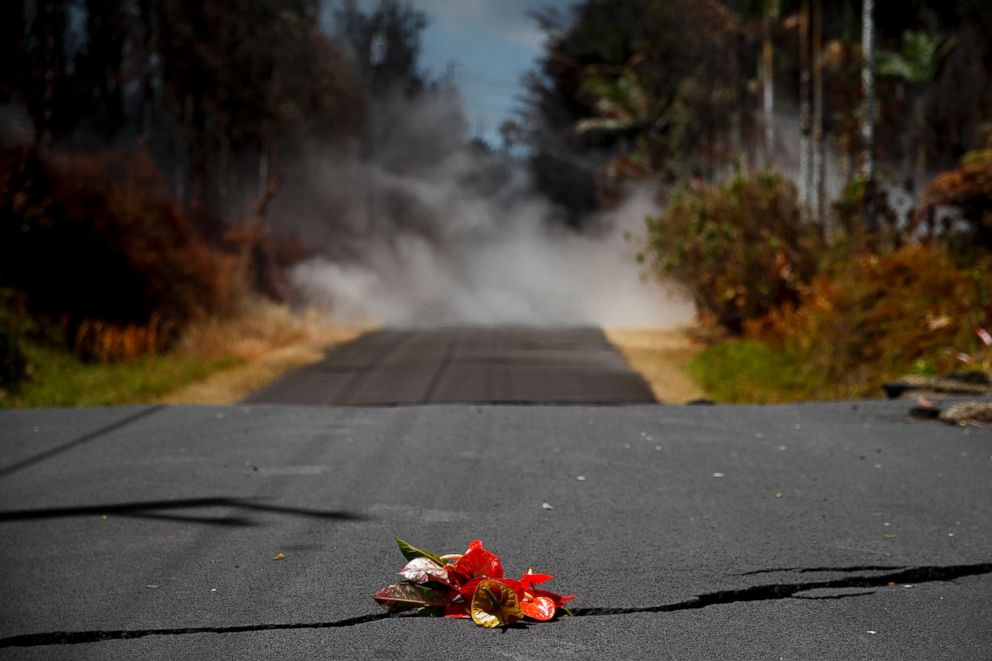
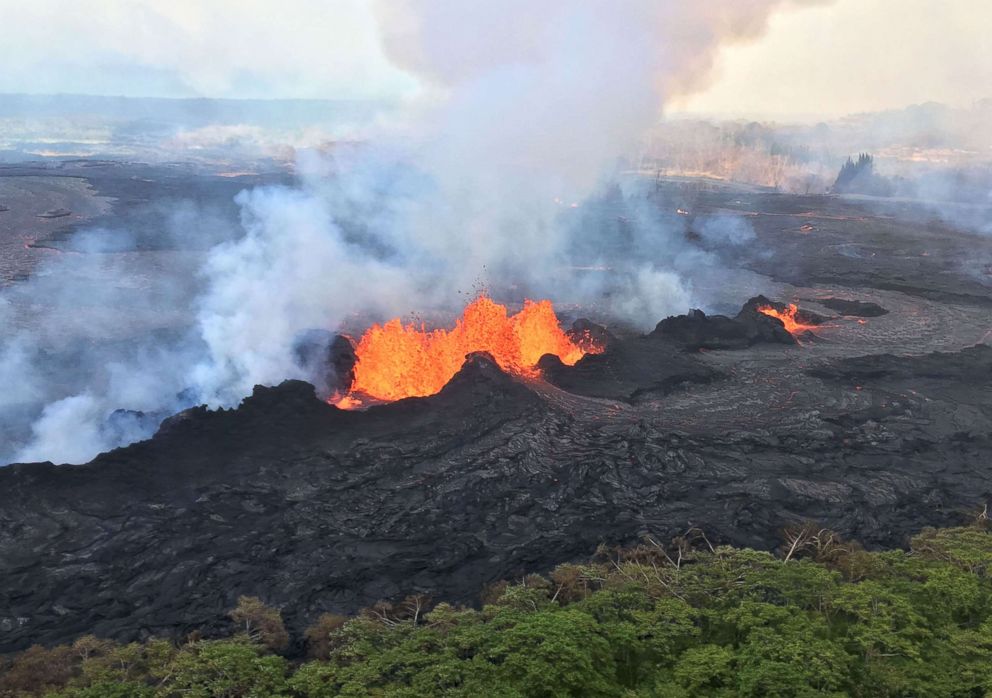
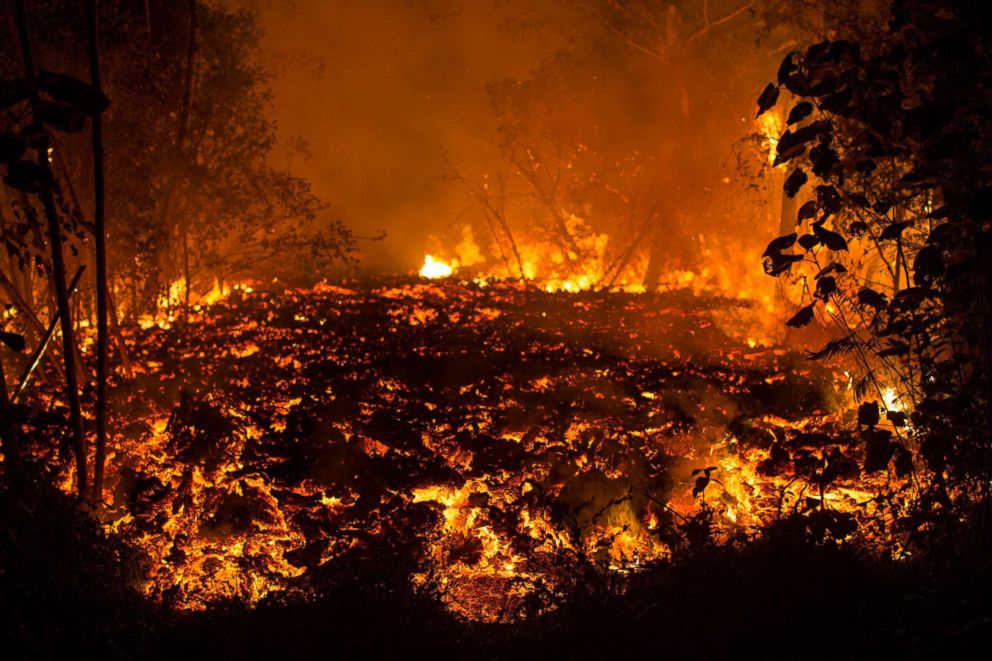
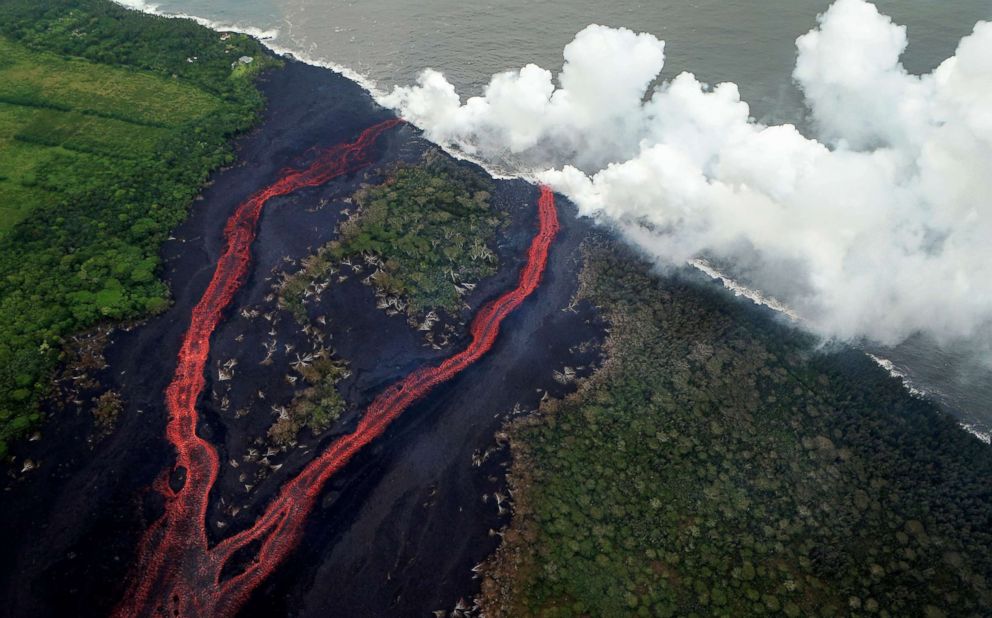
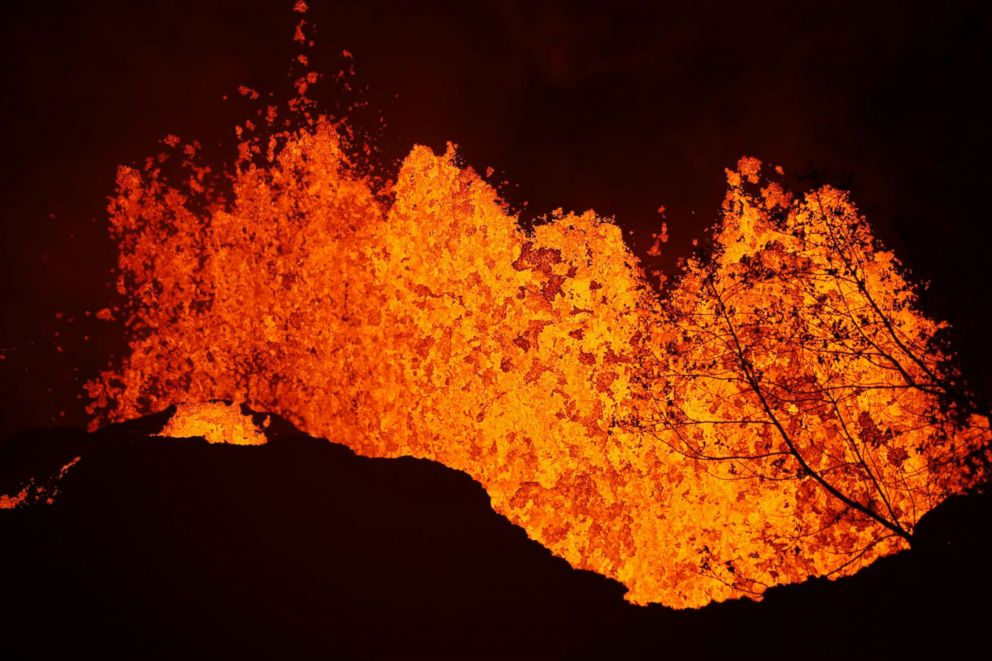
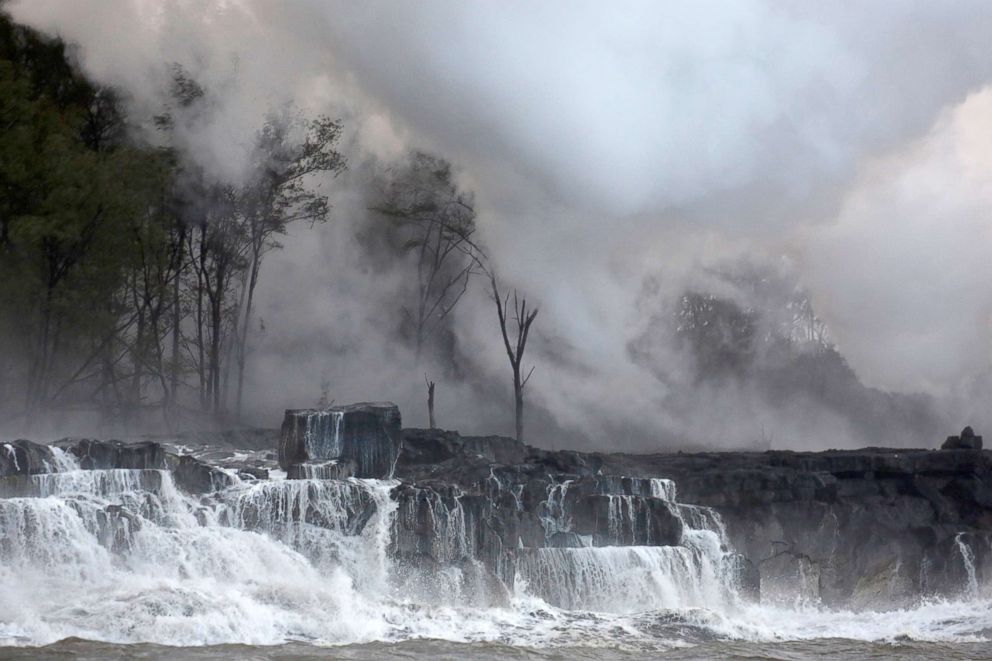
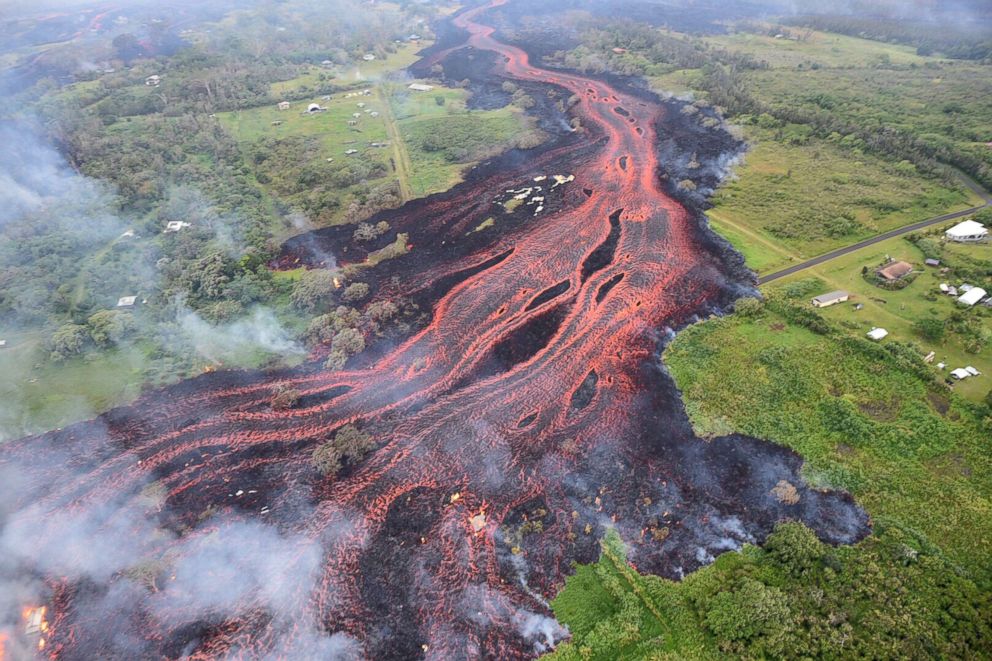
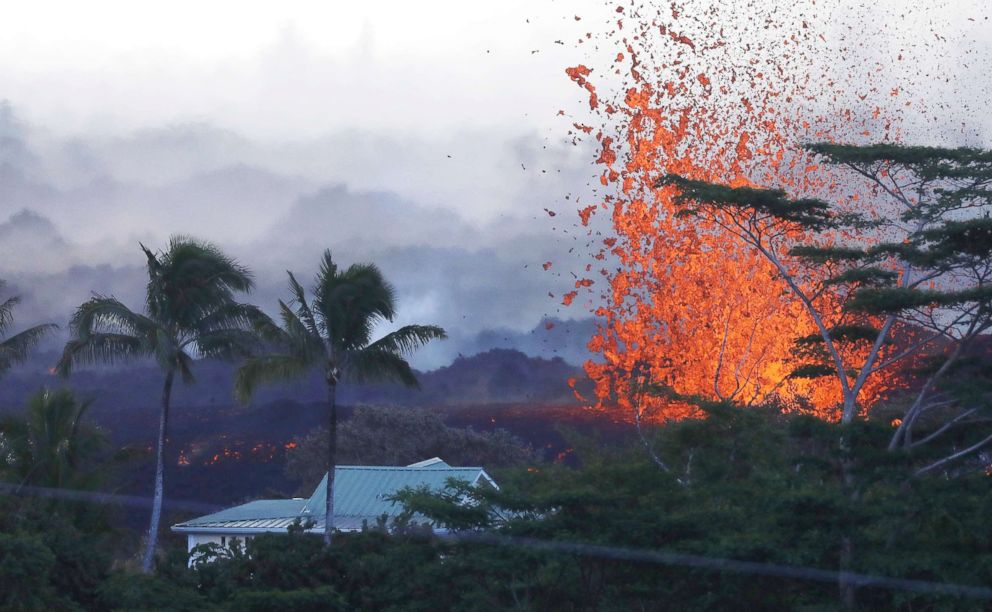
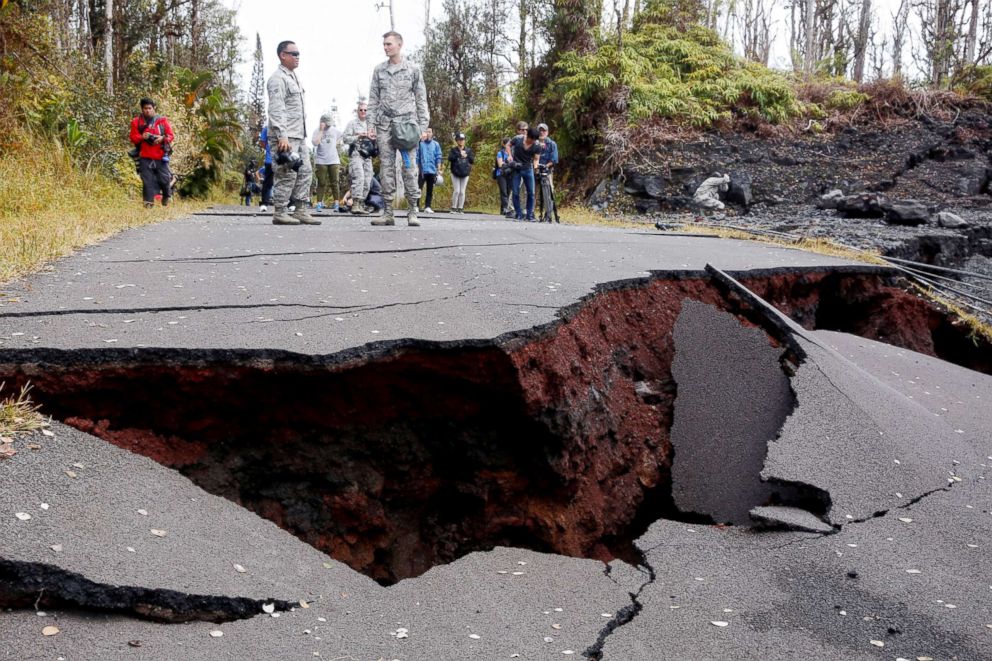
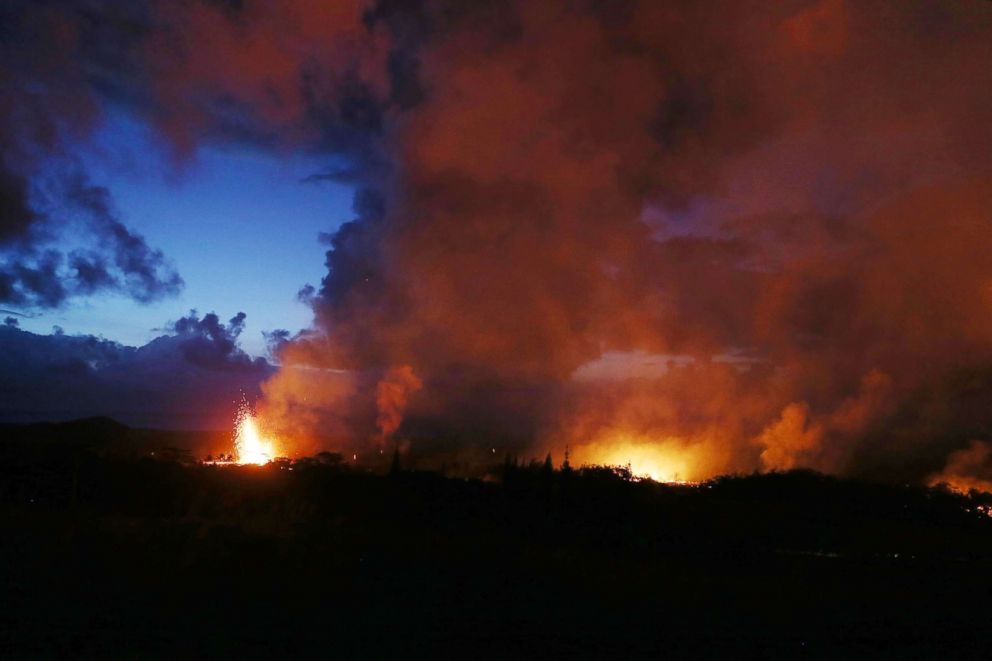
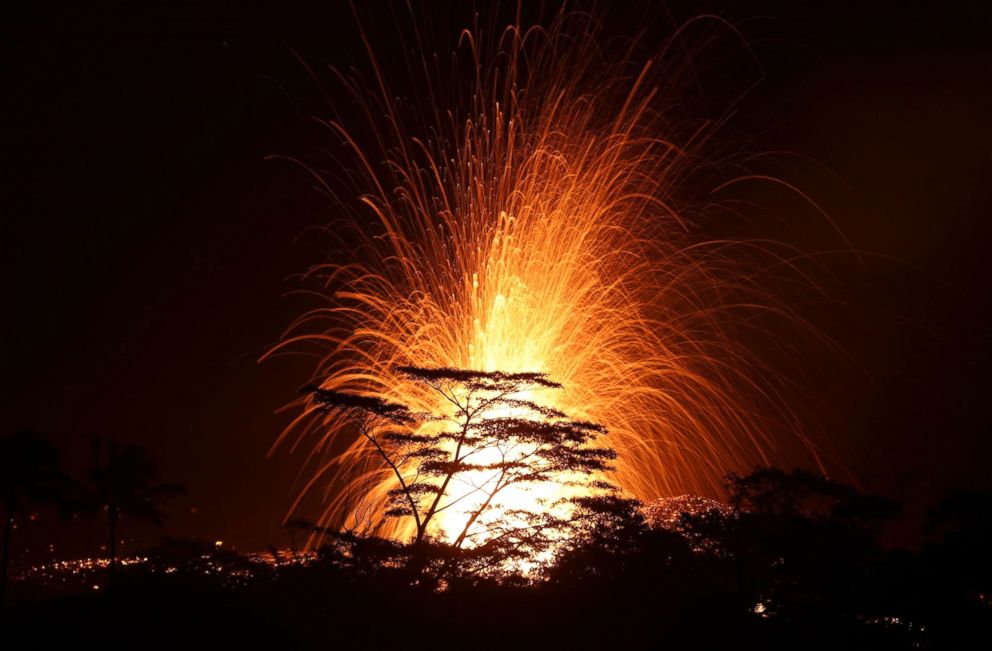
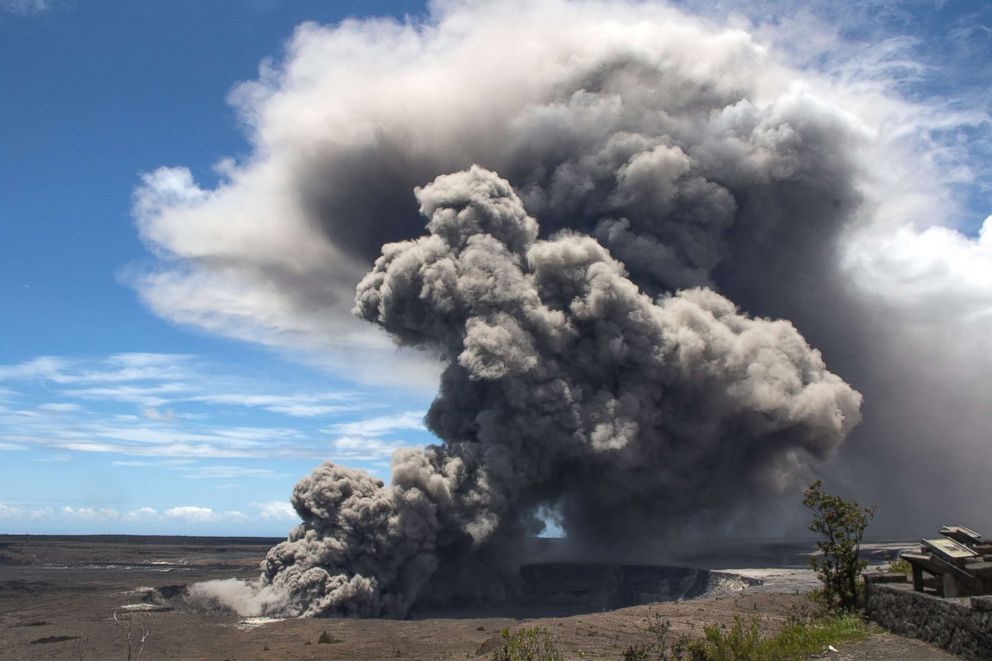
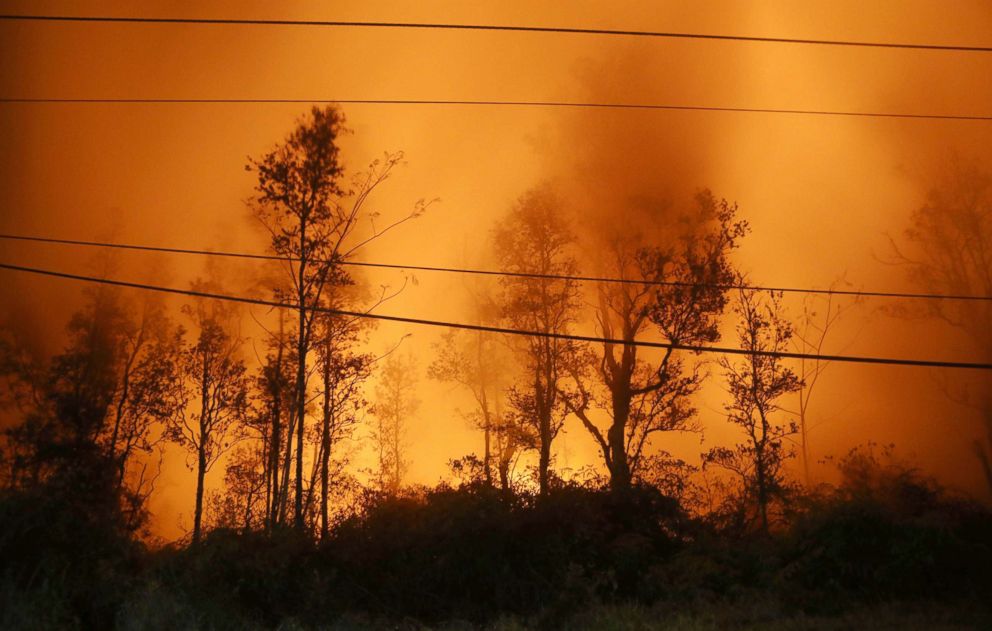
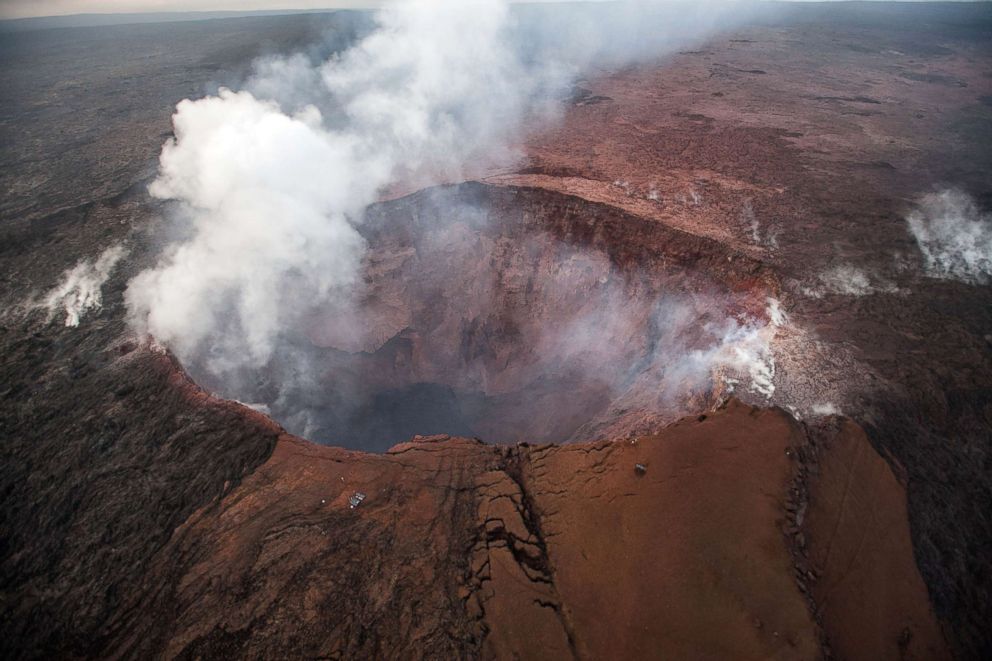
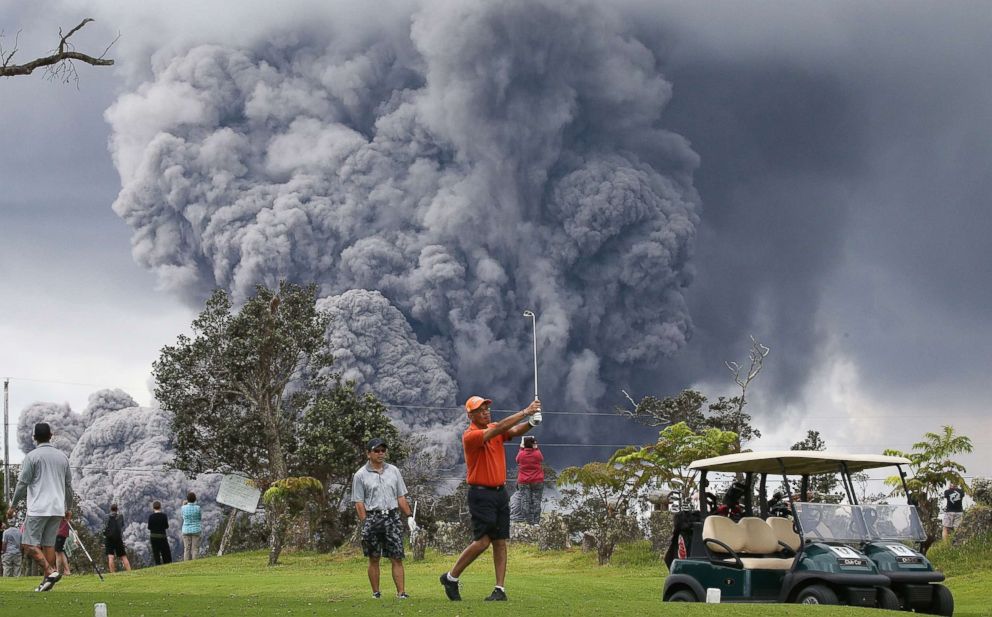
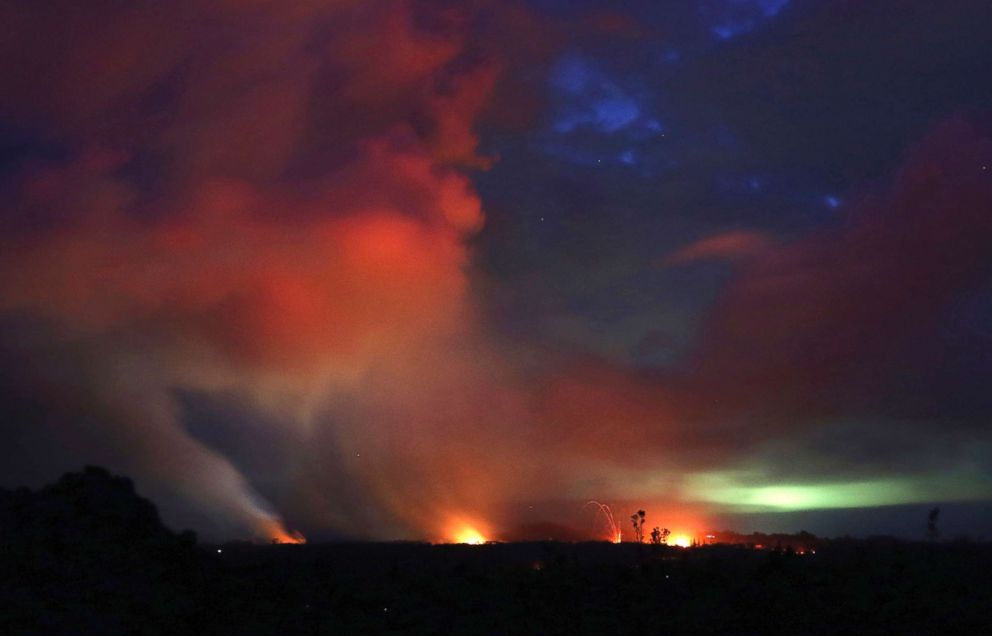
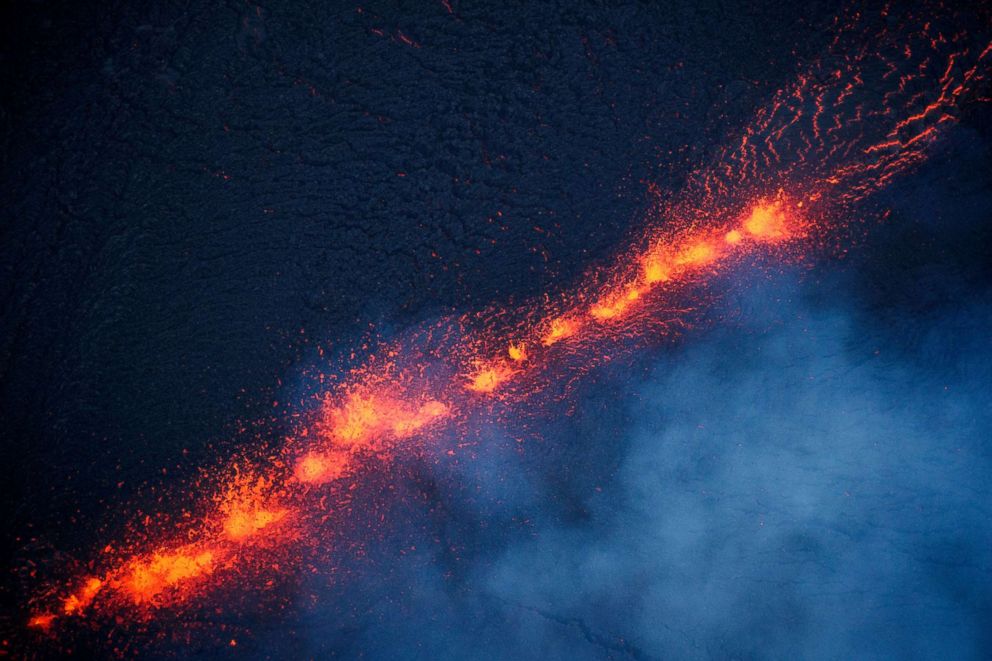
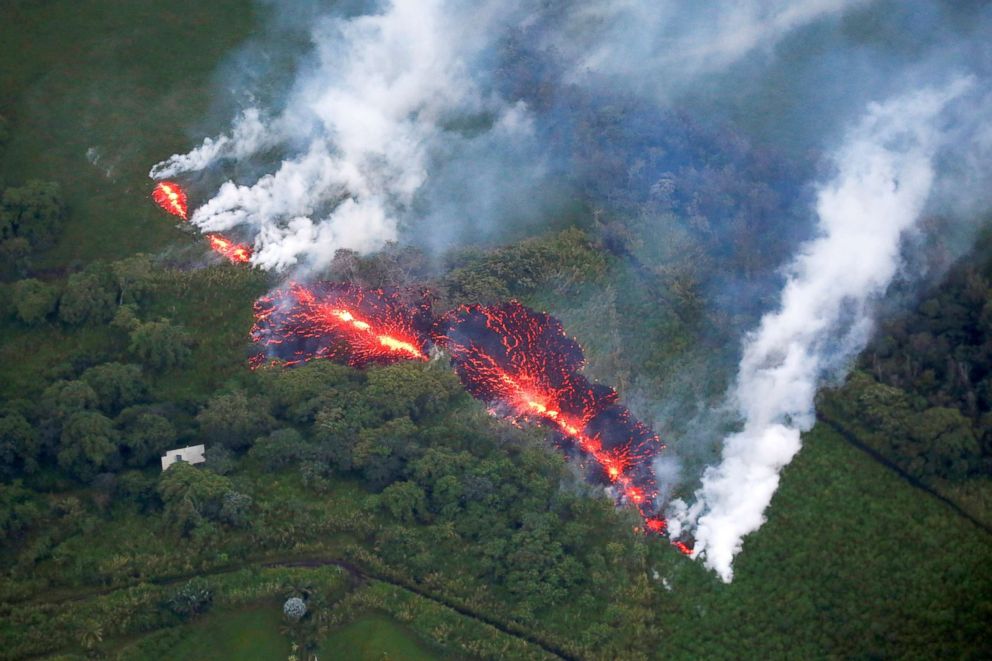
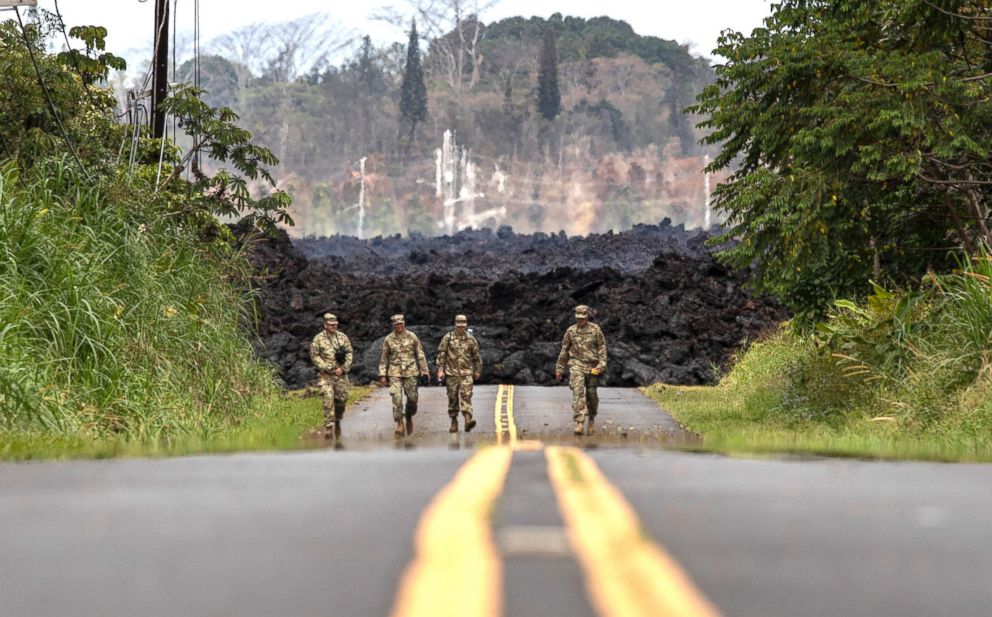
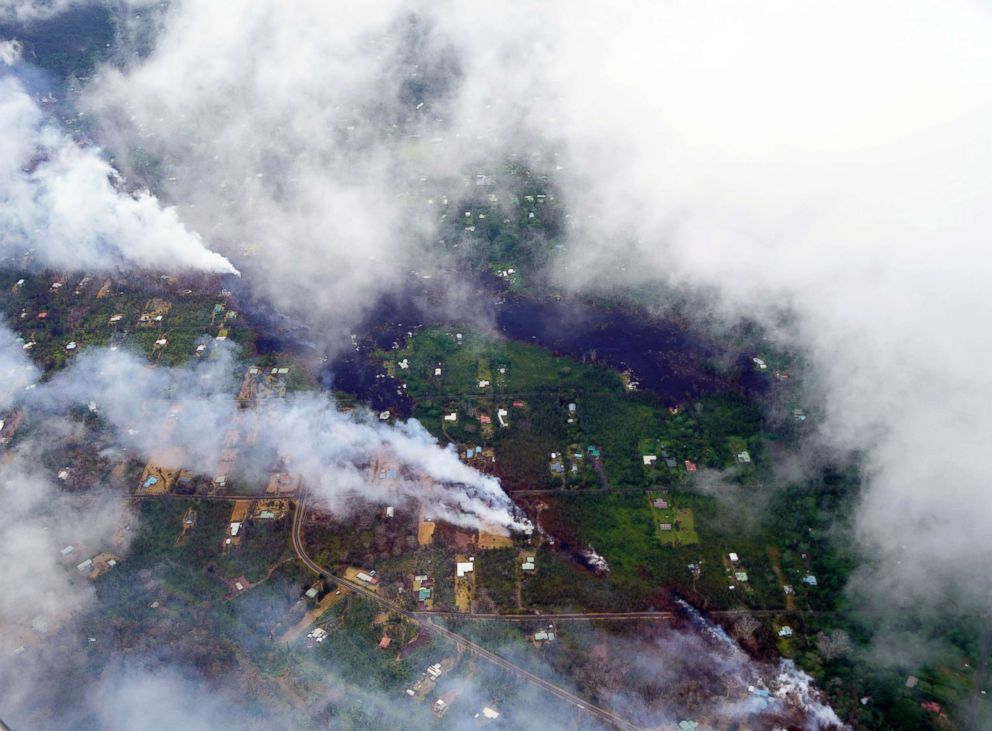
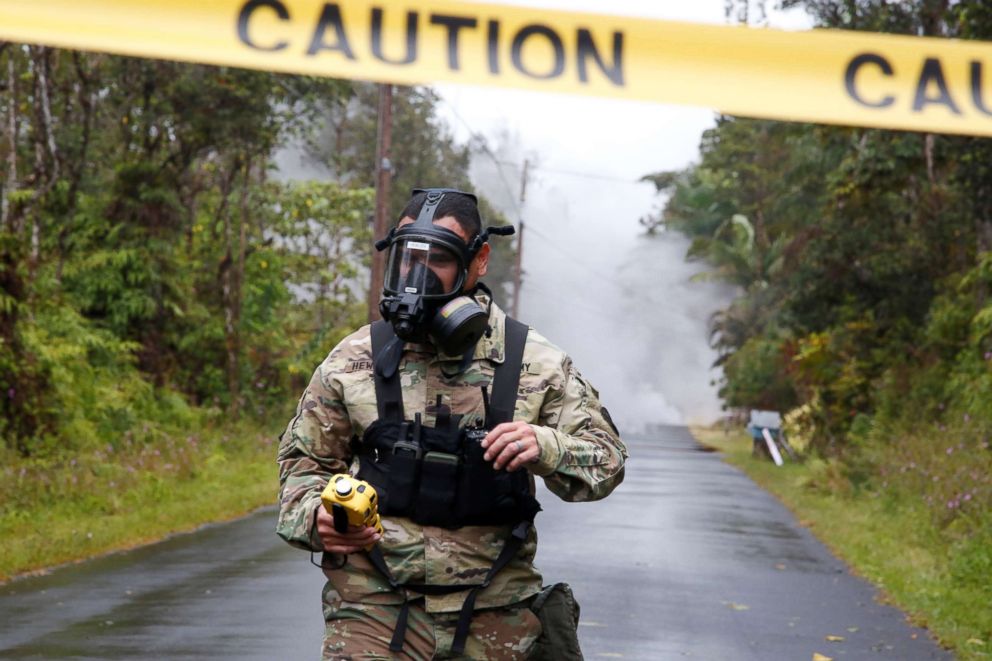
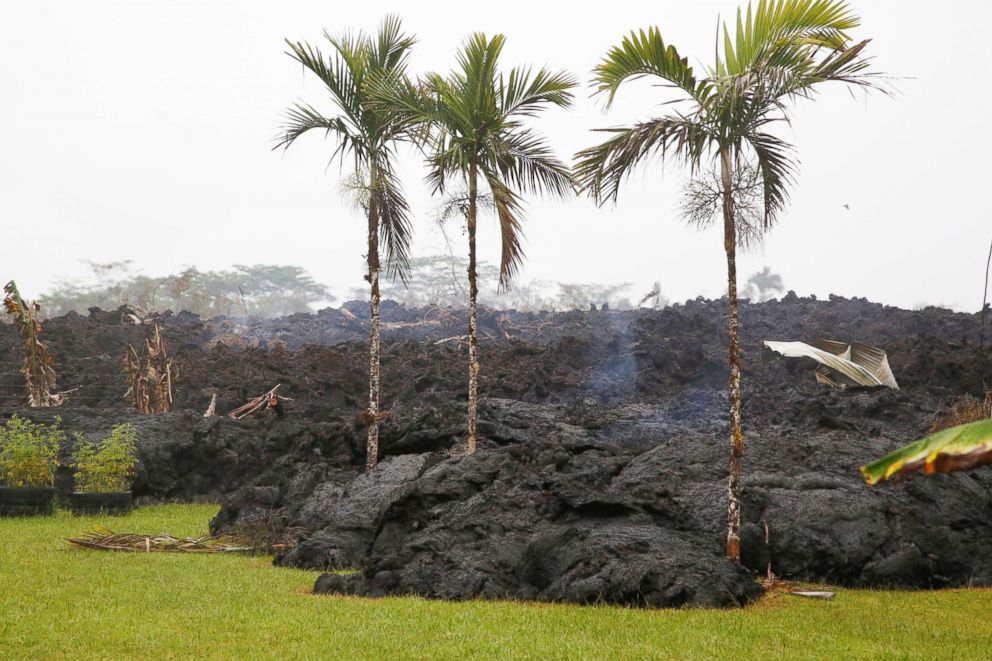
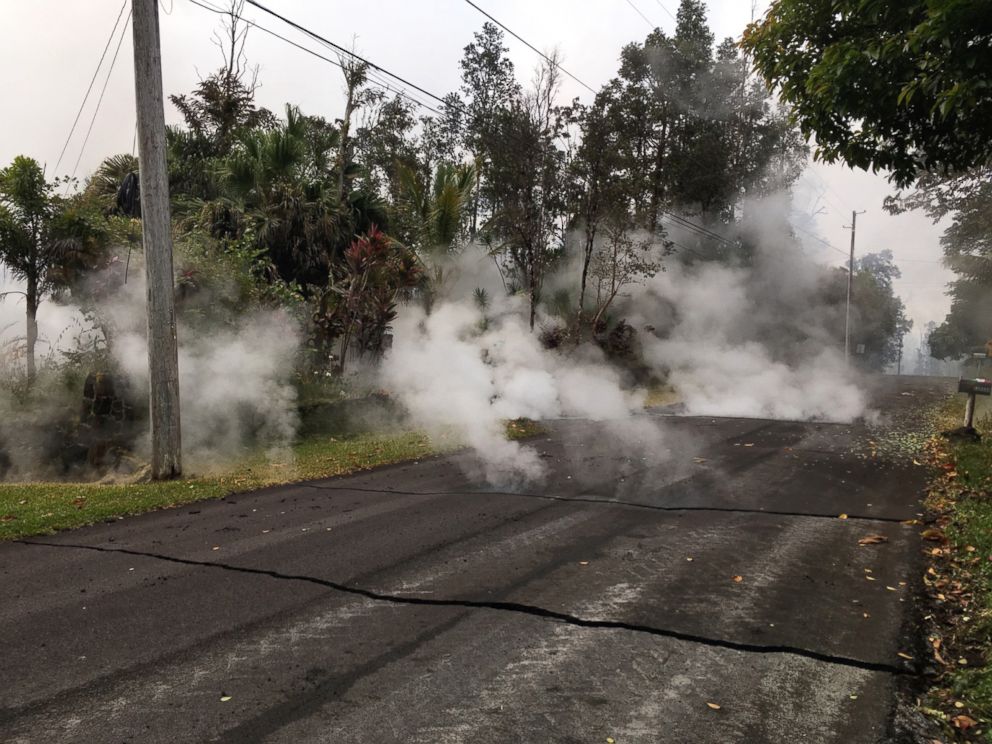
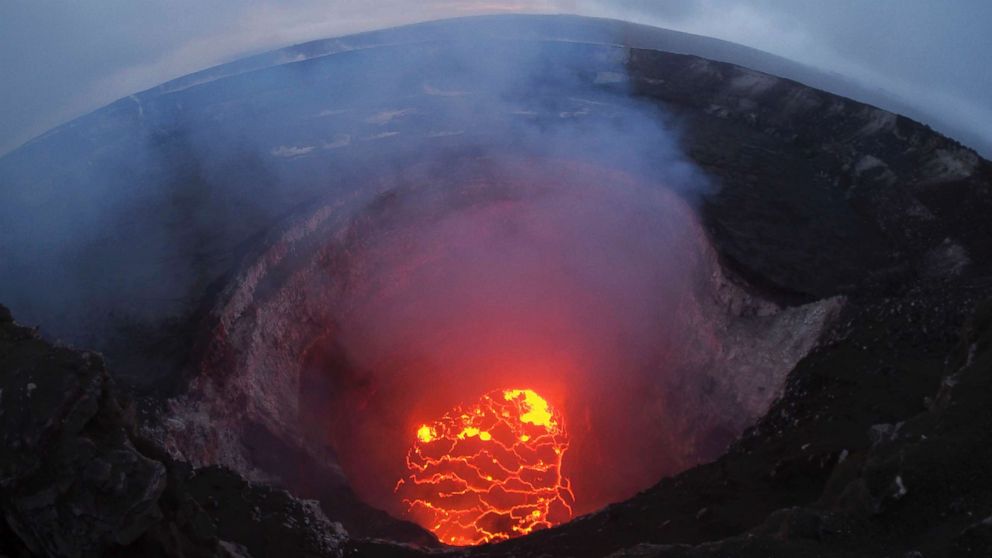
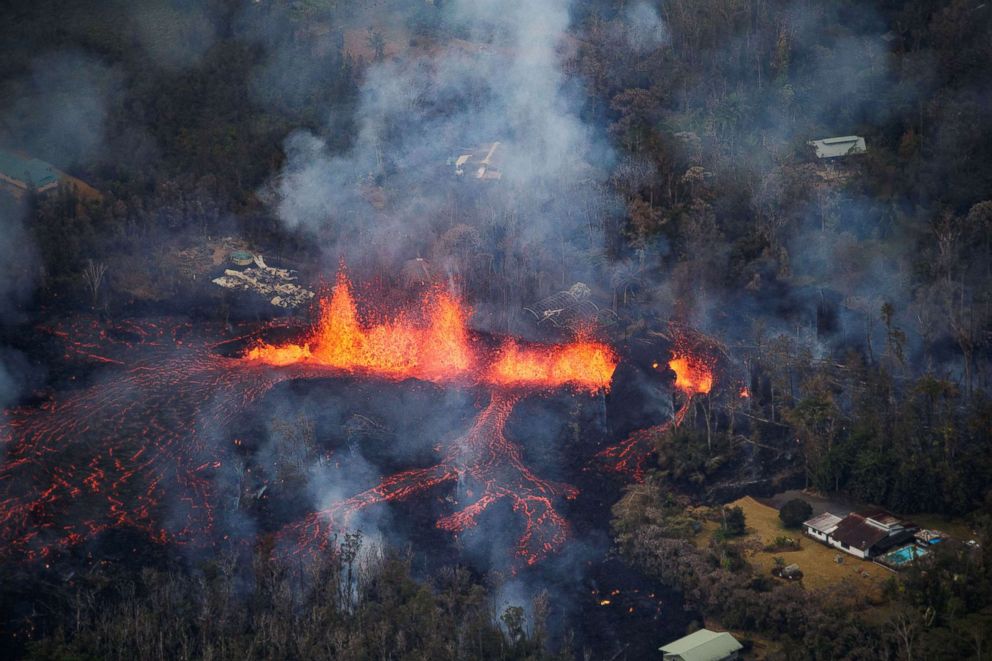
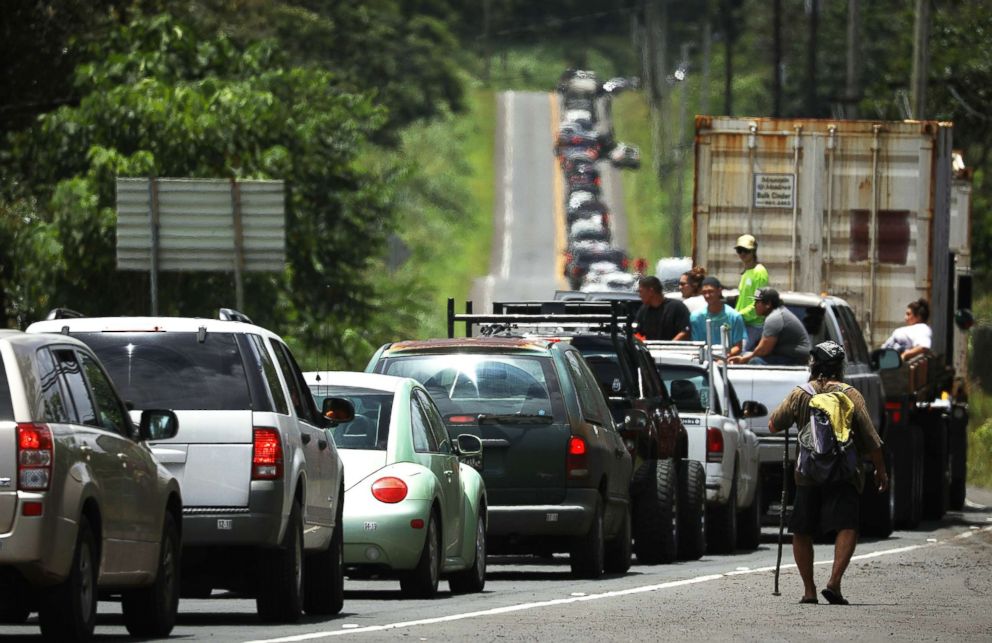
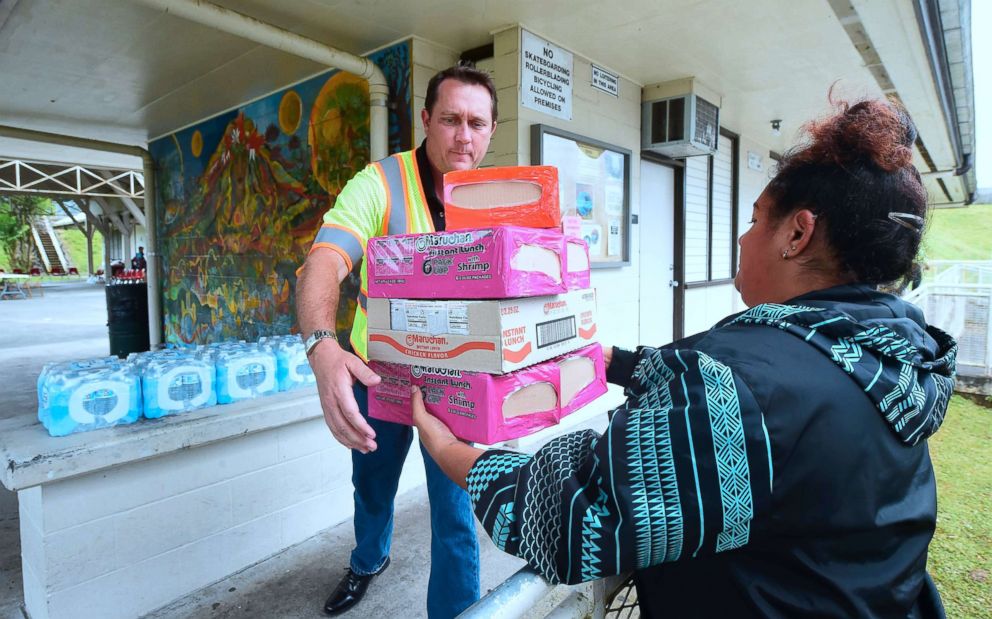
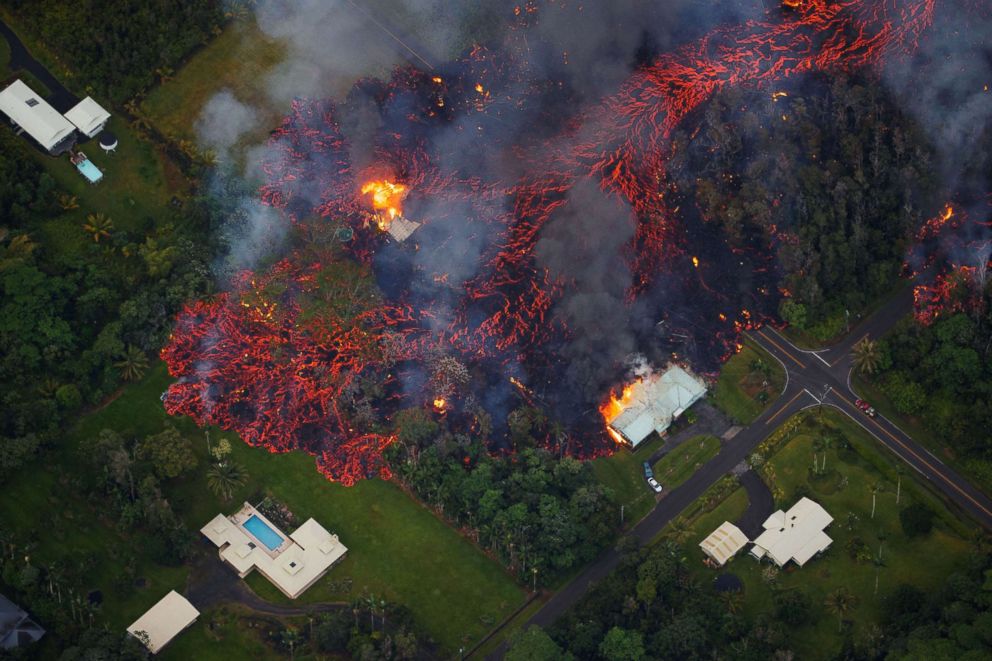
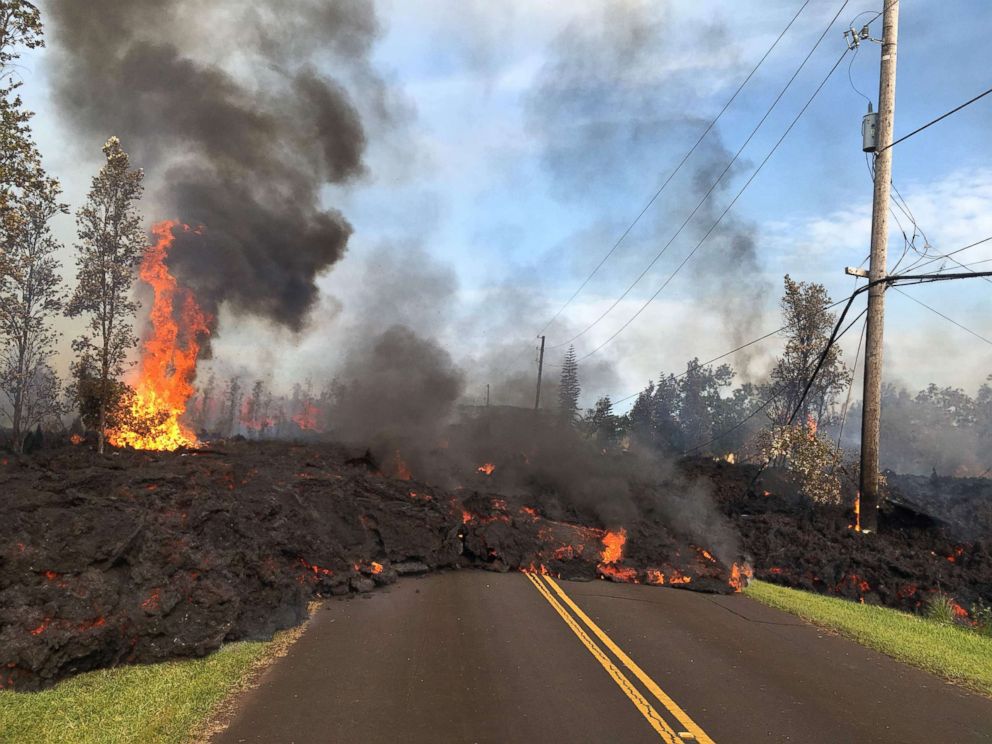
The volcano has forced residents to evacuate their homes and has completely demolished some subdivision. Over 600 homes are destroyed so far.
"It's always a challenge natural disasters -- whether it's hurricane or fires, you're always watching your surroundings, which is unique to these types of stories," producer Robert Zepeda said on ABC News Live on Friday.
"It's challenging because you're trying to get the shots that you need, you're also trying to make sure everybody is safe. It eventually becomes sort of natural," he said.
But, "I don’t think there is anything I could compare the sound [of the lava] to," Zepeda added. "Its unbelievable the strength of the lava being pushed out of the earth."
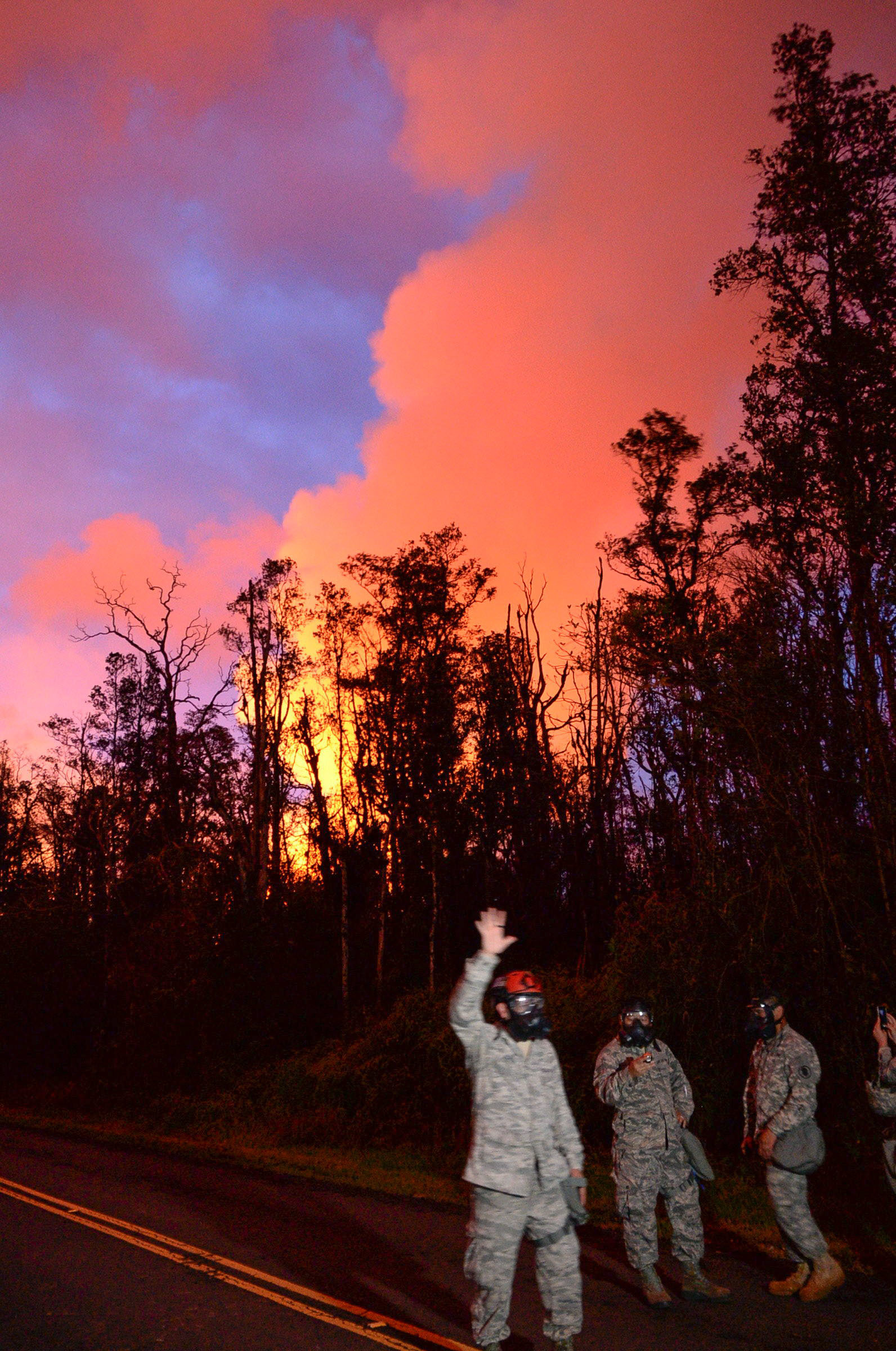
One day a producer who was on the ground with correspondent Kayna Whitworth flew a drone over the volcano.
"That was really the first time that we got a look at how destructive this lava is," Whitworth said. "I've never seen anything as destructive as lava."
"Sometimes you have these lava piles that are 30 or 40 feet high," Whitworth said. "What's terrifying is that underneath that are homes, cars, businesses. These are things that will never be recovered."
That makes this volcano different from other natural disasters, said Whitworth, because "people are not going to be sifting through the rubble after this ... what has lost has been lost forever."
A memorable moment for correspondent Marci Gonzalez was a liveshot from a boat to get an up-close look at the lava over the ocean -- an example of the difficulty of balancing being a safe distance away but close enough to tell the story.
"I get terrible motion sickness -- it was so rocky,” she said. “It was brutal. I held it together enough."


